Home / world / Bangladesh High Court Prioritizes Justice, Reduces Death Penalty for ULFA Leader
Bangladesh High Court Prioritizes Justice, Reduces Death Penalty for ULFA Leader
By: My India Times
1 minutes read 68Updated At: 2024-12-18

Bangladesh High Court Upholds Justice, Commutes Death Sentence of ULFA Leader Paresh Barua
In a landmark decision, the Bangladesh High Court has commuted the death sentence of United Liberation Front of Asom (ULFA) leader Paresh Barua to life imprisonment. This ruling underscores the court’s commitment to fair trials and the protection of human rights, even in cases involving national security and terrorism.
The 2004 Chittagong arms smuggling case, one of the largest in South Asia, involved the seizure of 10 truckloads of weapons and ammunition allegedly intended for ULFA, a banned insurgent group fighting for a separate Assam in India. Barua, accused of orchestrating the smuggling operation, was initially sentenced to death. However, the High Court, citing insufficient evidence, reduced his sentence to life imprisonment.
Additionally, the court acquitted six individuals, including former minister Matiur Rahman Nizami, who were previously convicted in the case. Human rights advocates have welcomed this decision as a step toward ensuring justice and eliminating the use of the death penalty, a punishment increasingly criticized by global organizations for its irreversible nature.
While critics fear the implications of releasing those once linked to such a significant case, legal experts emphasize the importance of upholding due process and avoiding disproportionate punishments. The ruling highlights the evolving legal standards in Bangladesh, reflecting a broader global shift toward human rights-based justice systems.
India, meanwhile, has expressed concerns over the impact of Barua’s reduced sentence on insurgent activities in its northeastern region. Barua, believed to be in hiding in China or Myanmar, remains a fugitive. The case also raises pressing questions about cross-border terrorism and arms trafficking in South Asia.
This verdict is a reminder of the delicate balance between national security and human rights. By commuting the death penalty, the court has demonstrated its dedication to evidence-based justice while aligning with the global trend against capital punishment. It further calls for strengthened regional cooperation to address the root causes of insurgency and arms smuggling.
....Bangladesh High Court Upholds Justice, Commutes Death Sentence of ULFA Leader Paresh Barua
In a landmark decision, the Bangladesh High Court has commuted the death sentence of United Liberation Front of Asom (ULFA) leader Paresh Barua to life imprisonment. This ruling underscores the court’s commitment to fair trials and the protection of human rights, even in cases involving national security and terrorism.
The 2004 Chittagong arms smuggling case, one of the largest in South Asia, involved the seizure of 10 truckloads of weapons and ammunition allegedly intended for ULFA, a banned insurgent group fighting for a separate Assam in India. Barua, accused of orchestrating the smuggling operation, was initially sentenced to death. However, the High Court, citing insufficient evidence, reduced his sentence to life imprisonment.
Additionally, the court acquitted six individuals, including former minister Matiur Rahman Nizami, who were previously convicted in the case. Human rights advocates have welcomed this decision as a step toward ensuring justice and eliminating the use of the death penalty, a punishment increasingly criticized by global organizations for its irreversible nature.
While critics fear the implications of releasing those once linked to such a significant case, legal experts emphasize the importance of upholding due process and avoiding disproportionate punishments. The ruling highlights the evolving legal standards in Bangladesh, reflecting a broader global shift toward human rights-based justice systems.
India, meanwhile, has expressed concerns over the impact of Barua’s reduced sentence on insurgent activities in its northeastern region. Barua, believed to be in hiding in China or Myanmar, remains a fugitive. The case also raises pressing questions about cross-border terrorism and arms trafficking in South Asia.
This verdict is a reminder of the delicate balance between national security and human rights. By commuting the death penalty, the court has demonstrated its dedication to evidence-based justice while aligning with the global trend against capital punishment. It further calls for strengthened regional cooperation to address the root causes of insurgency and arms smuggling.
By: My India Times
Updated At: 2024-12-18
Tags: world News | My India Times News | Trending News | Travel News
Join our WhatsApp Channel








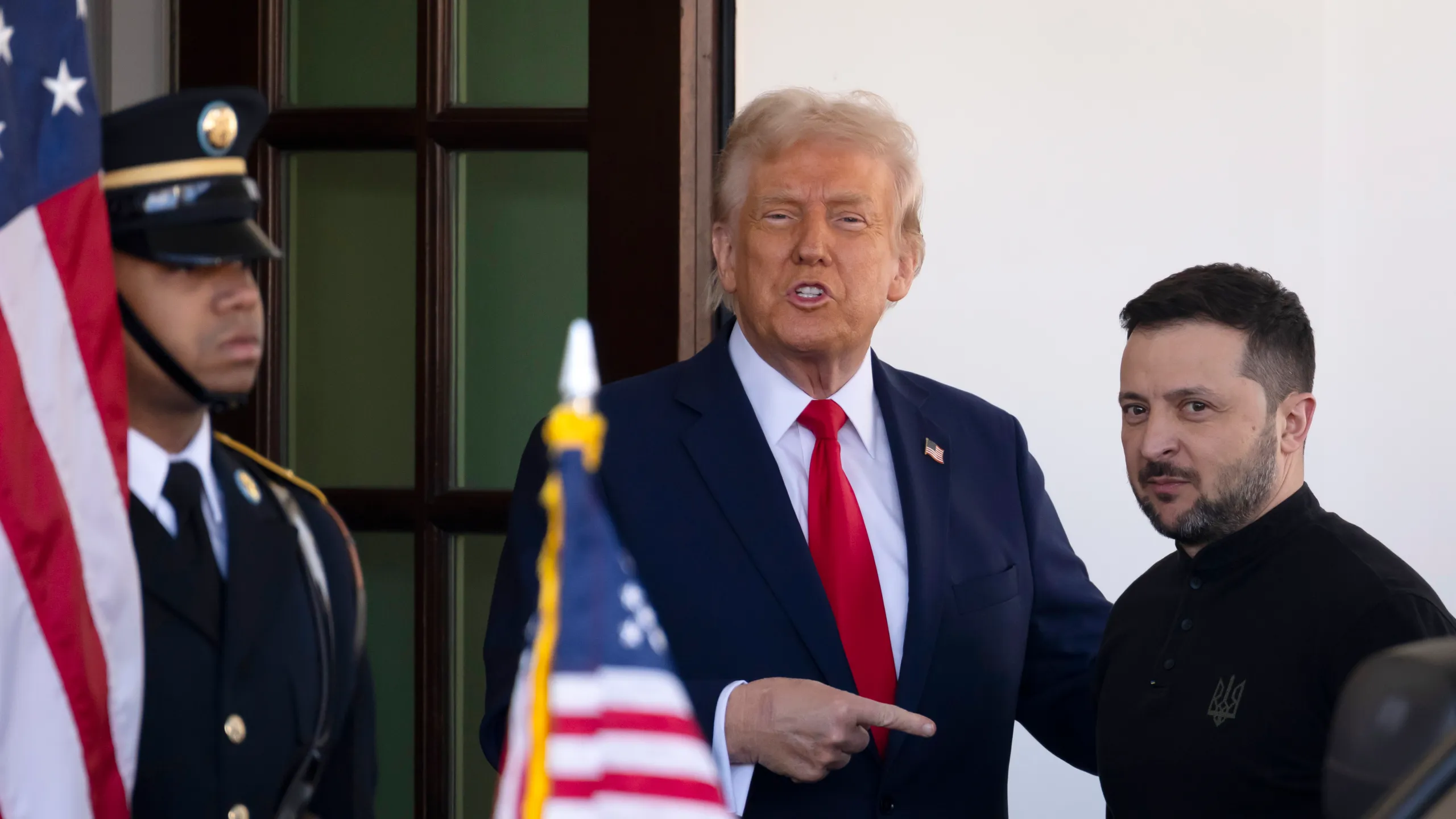
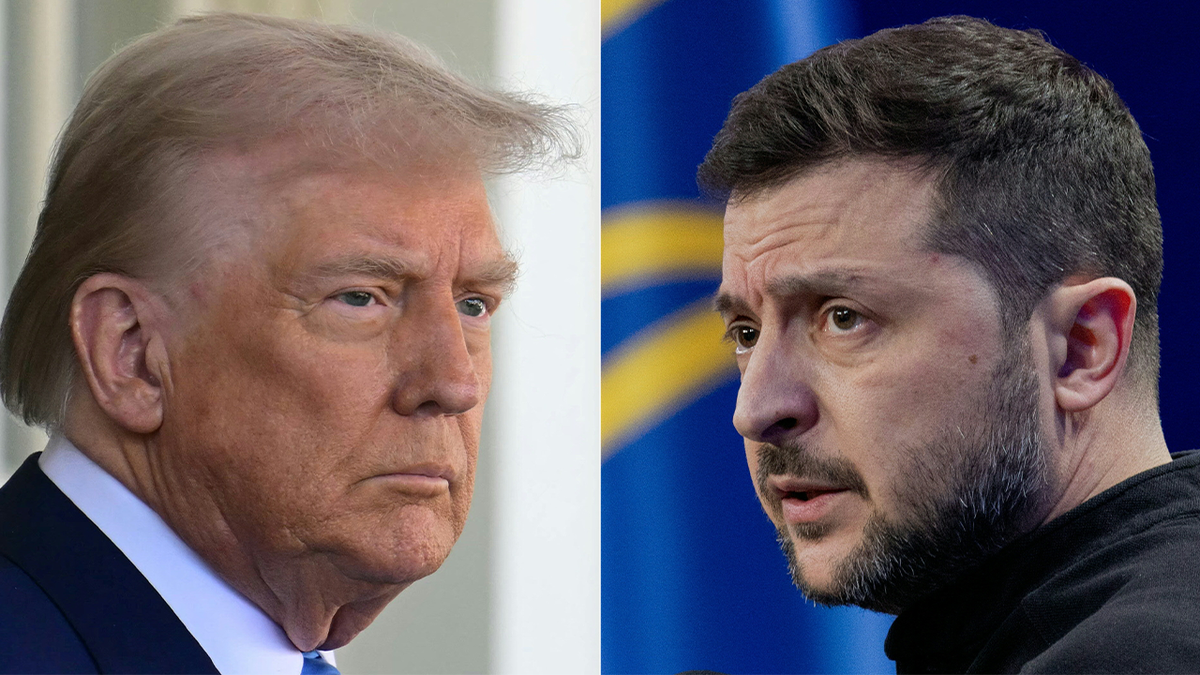
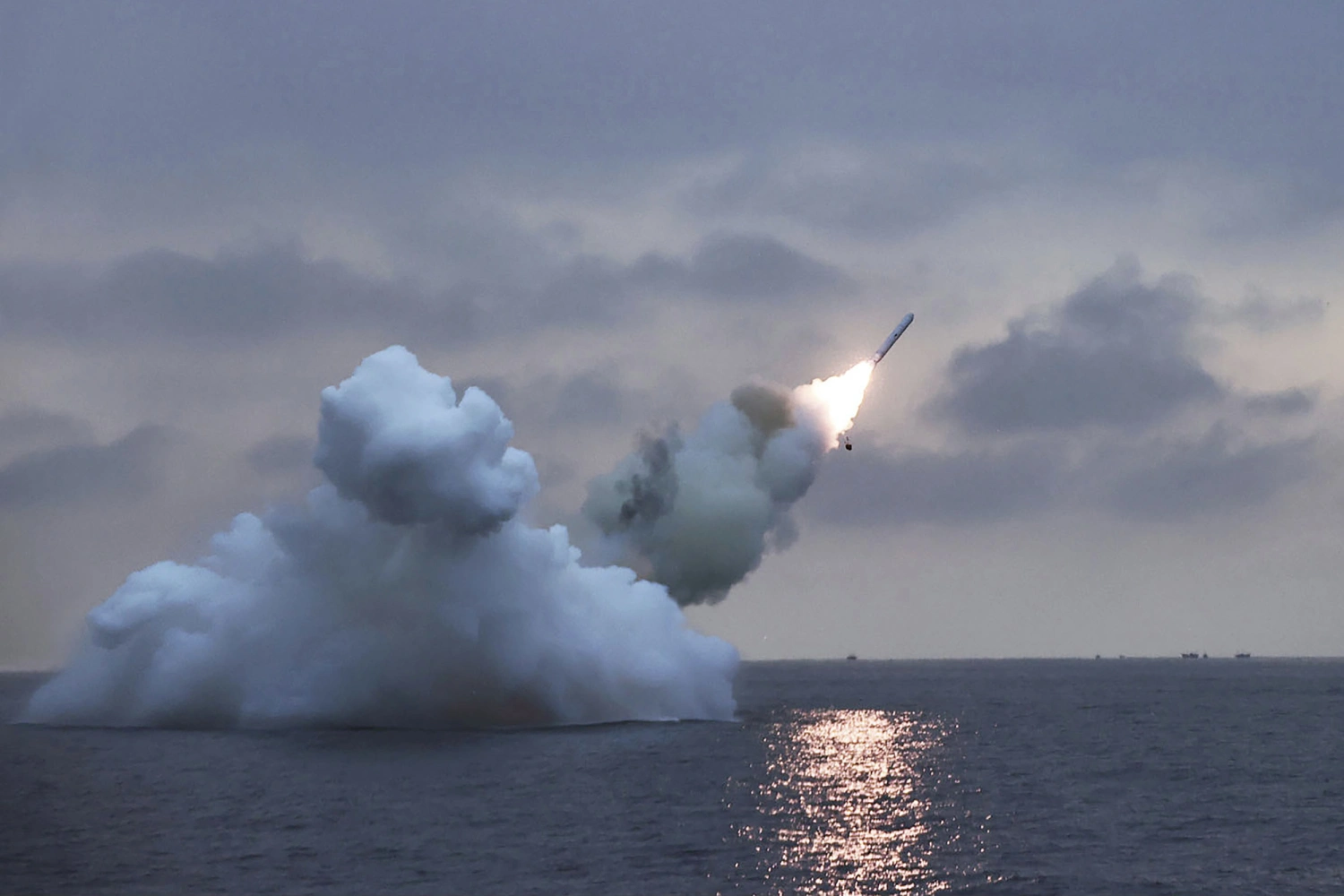

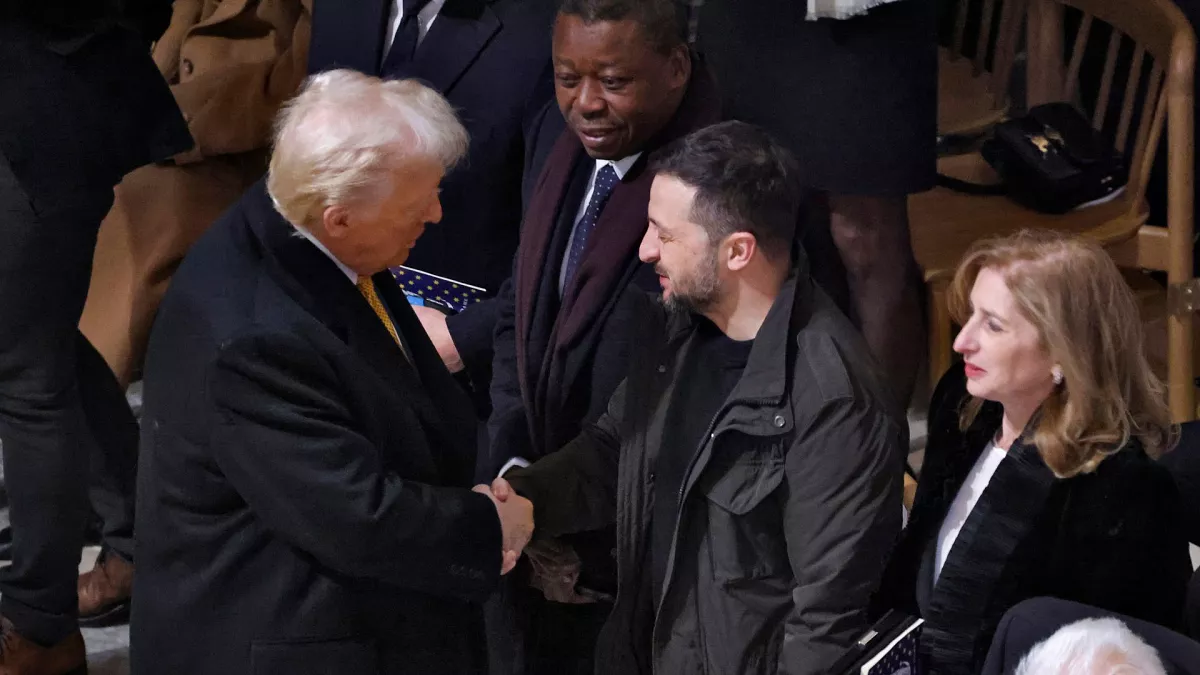
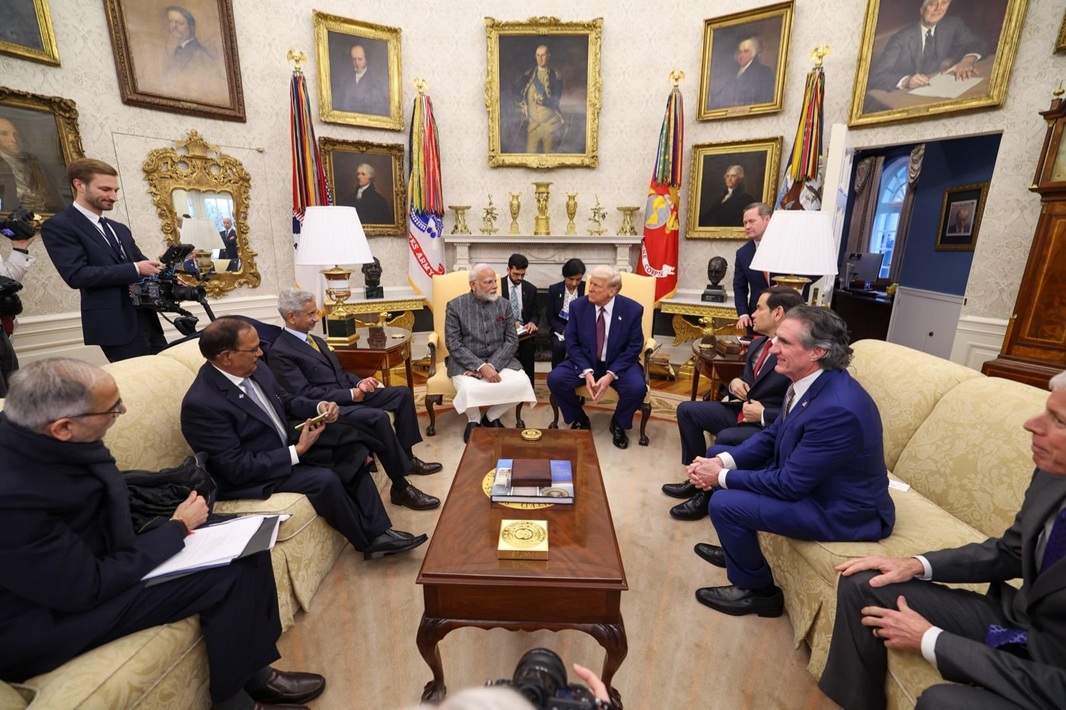
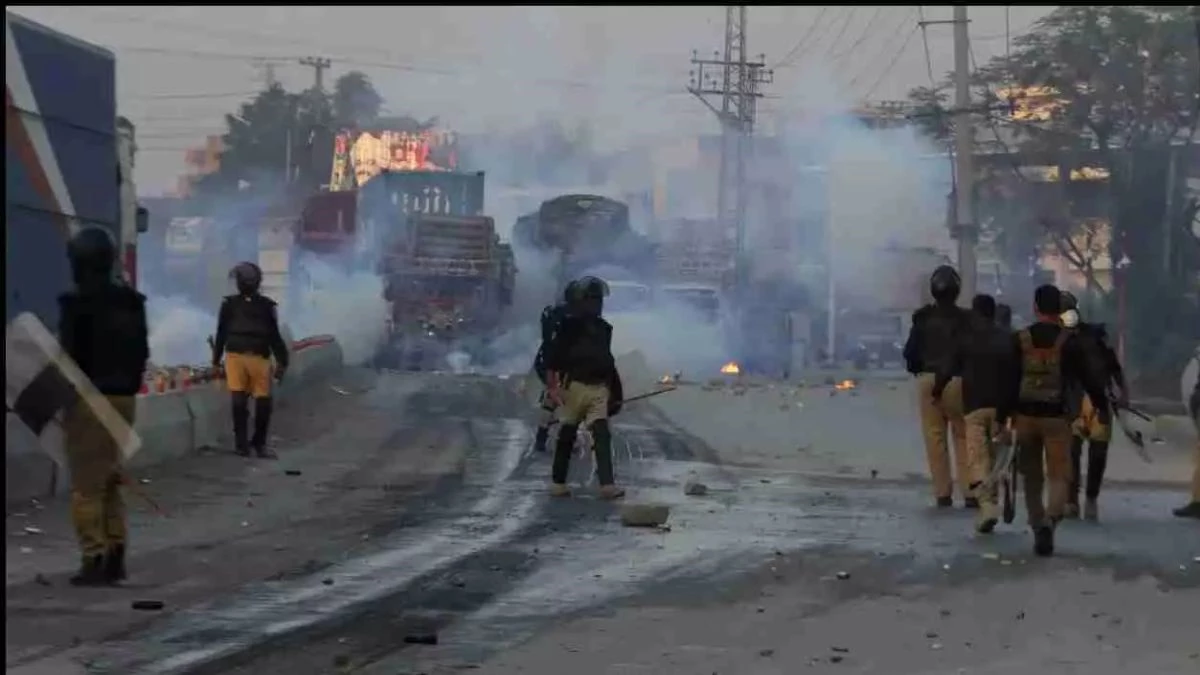
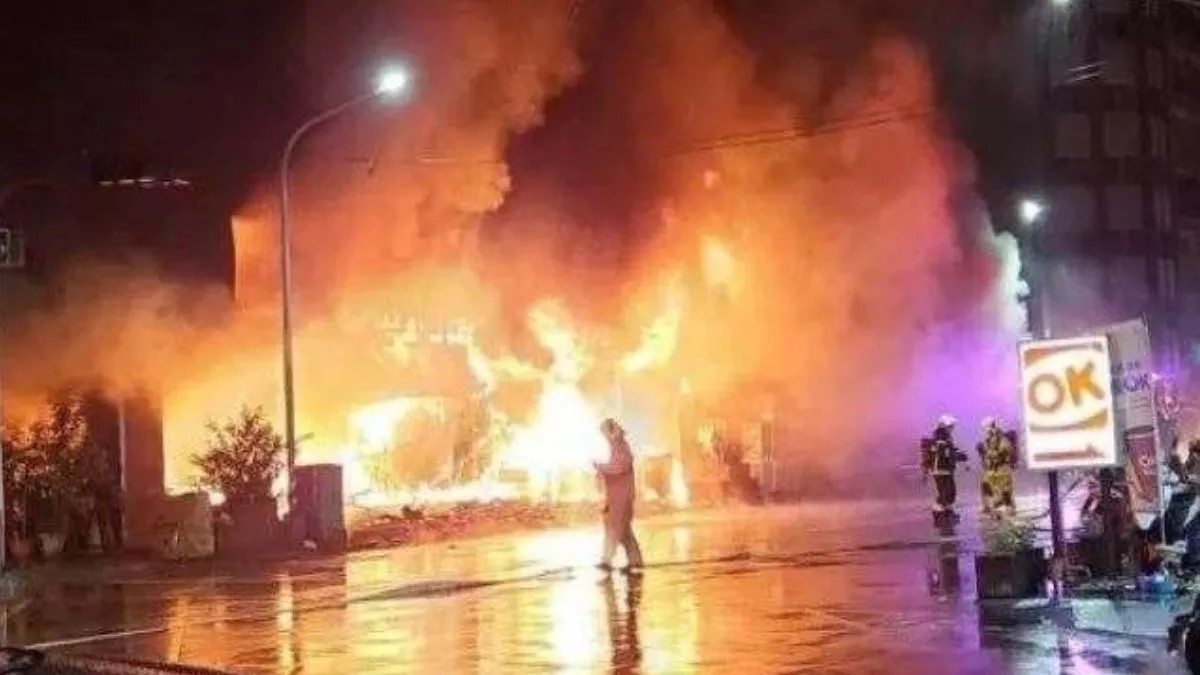


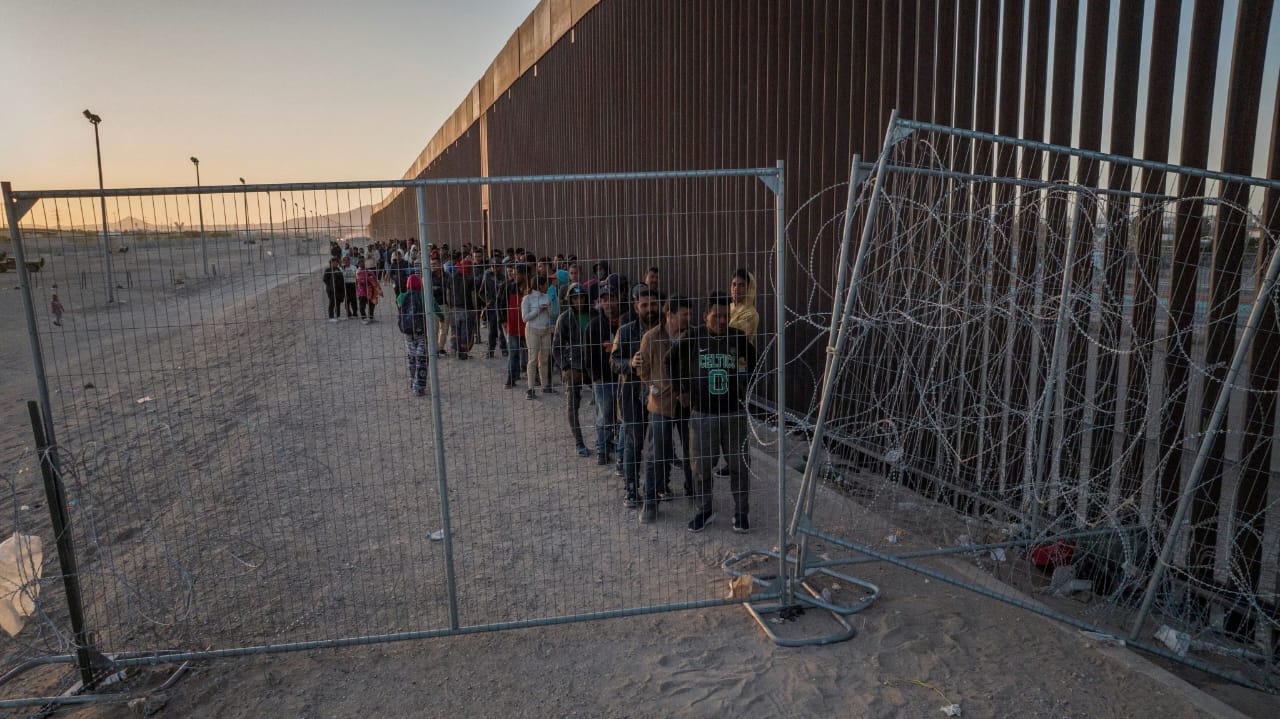

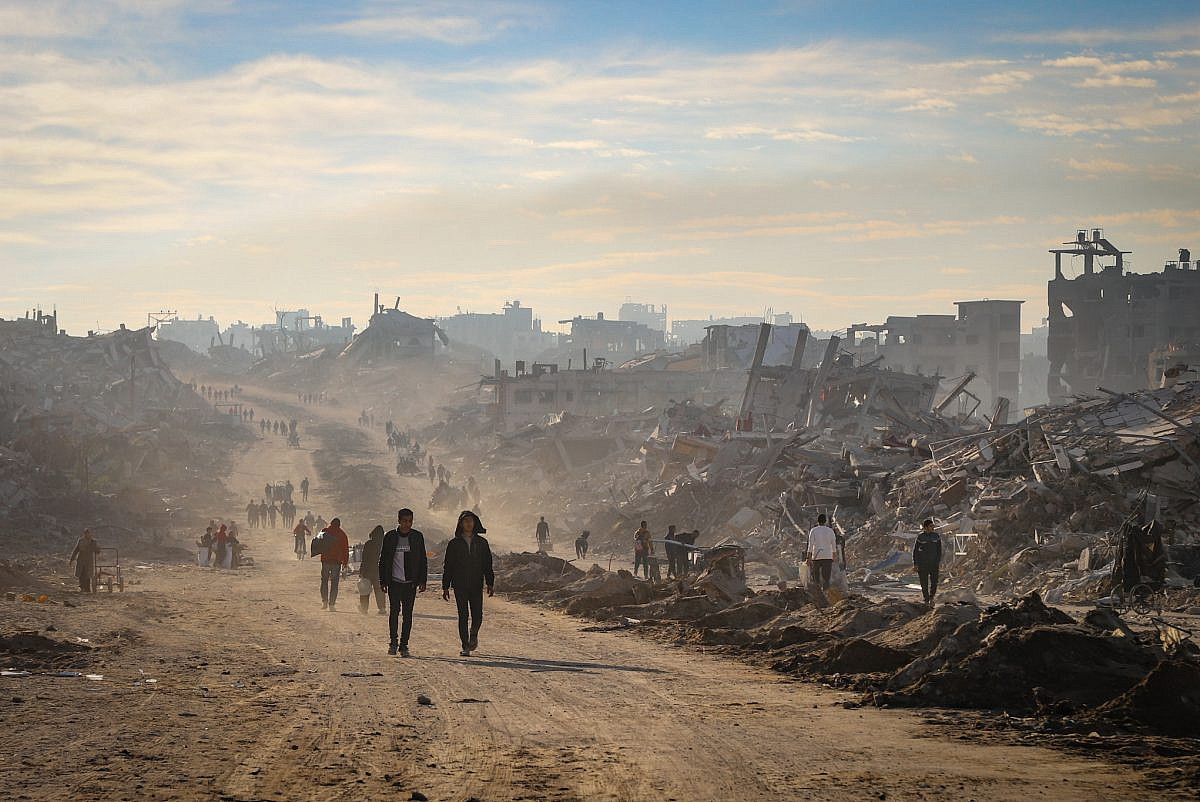
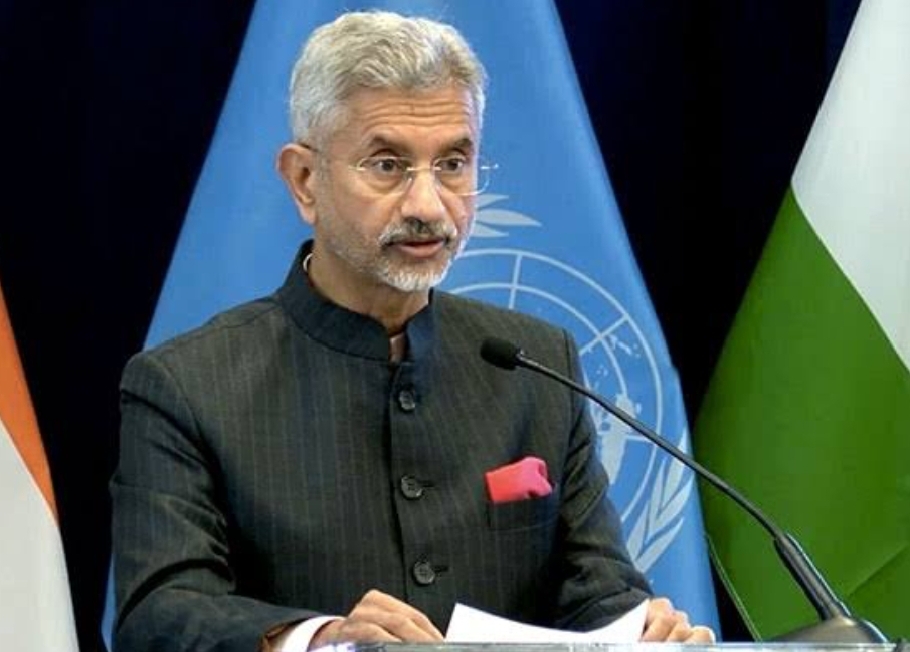




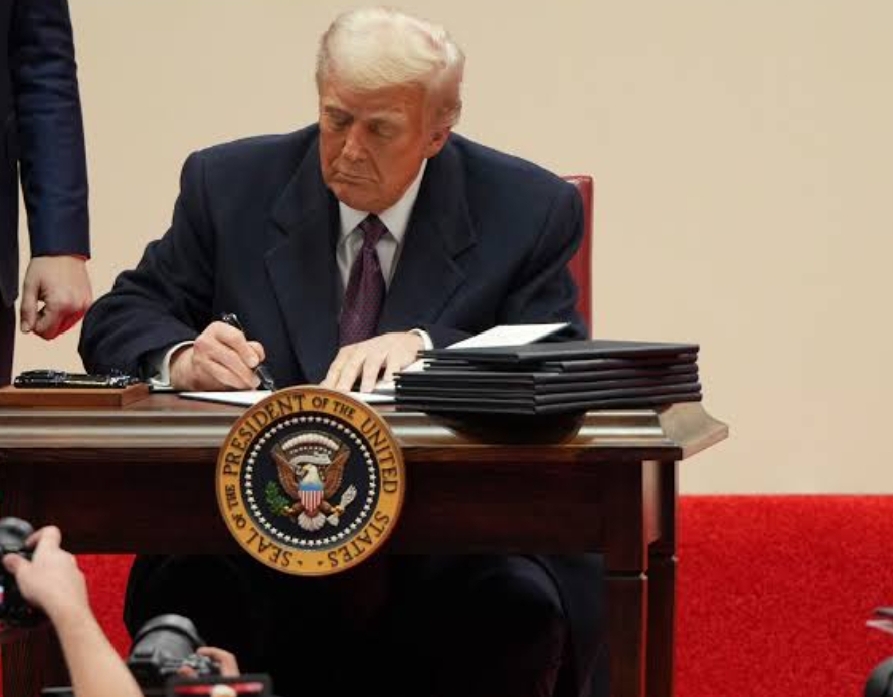

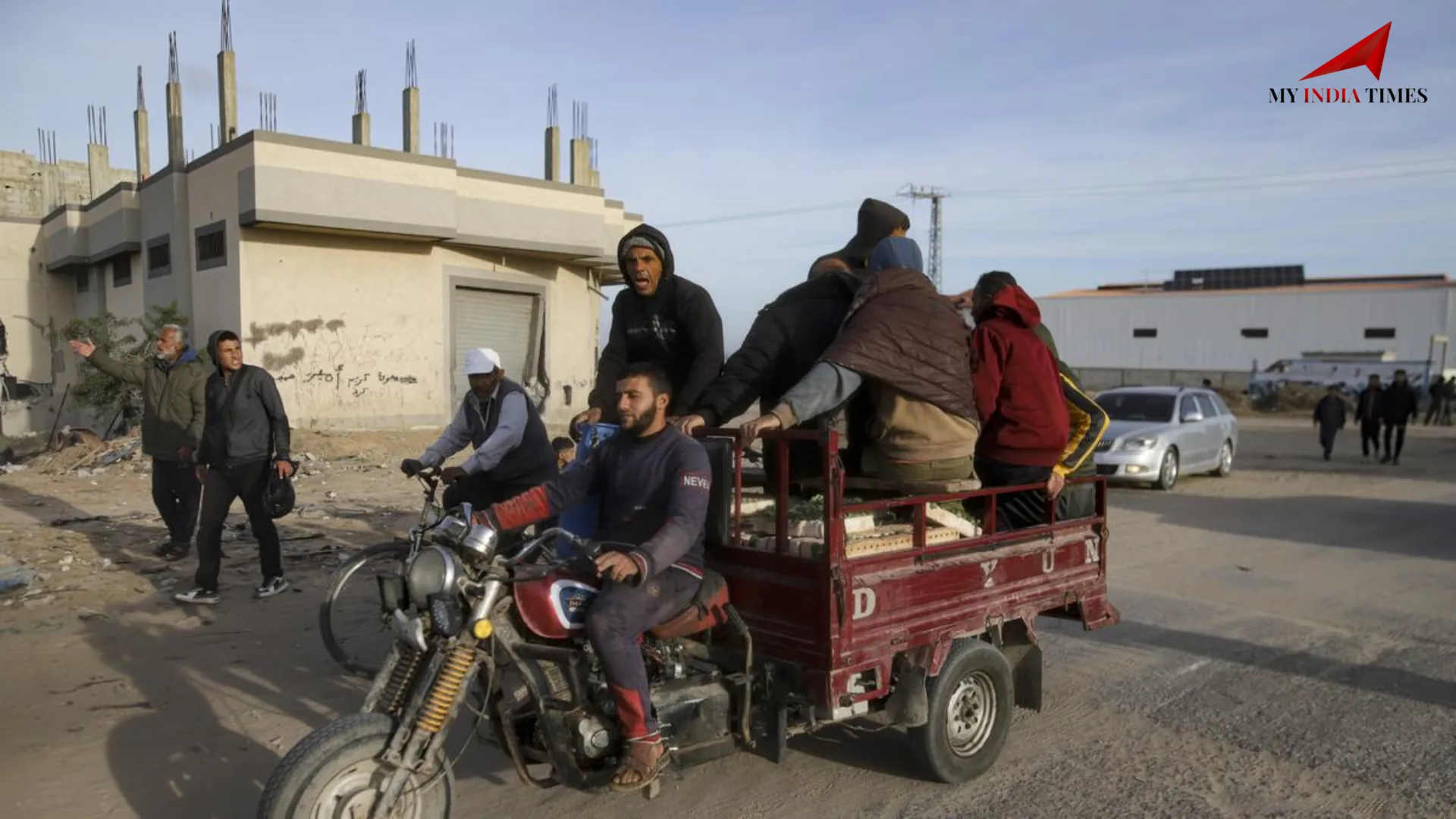
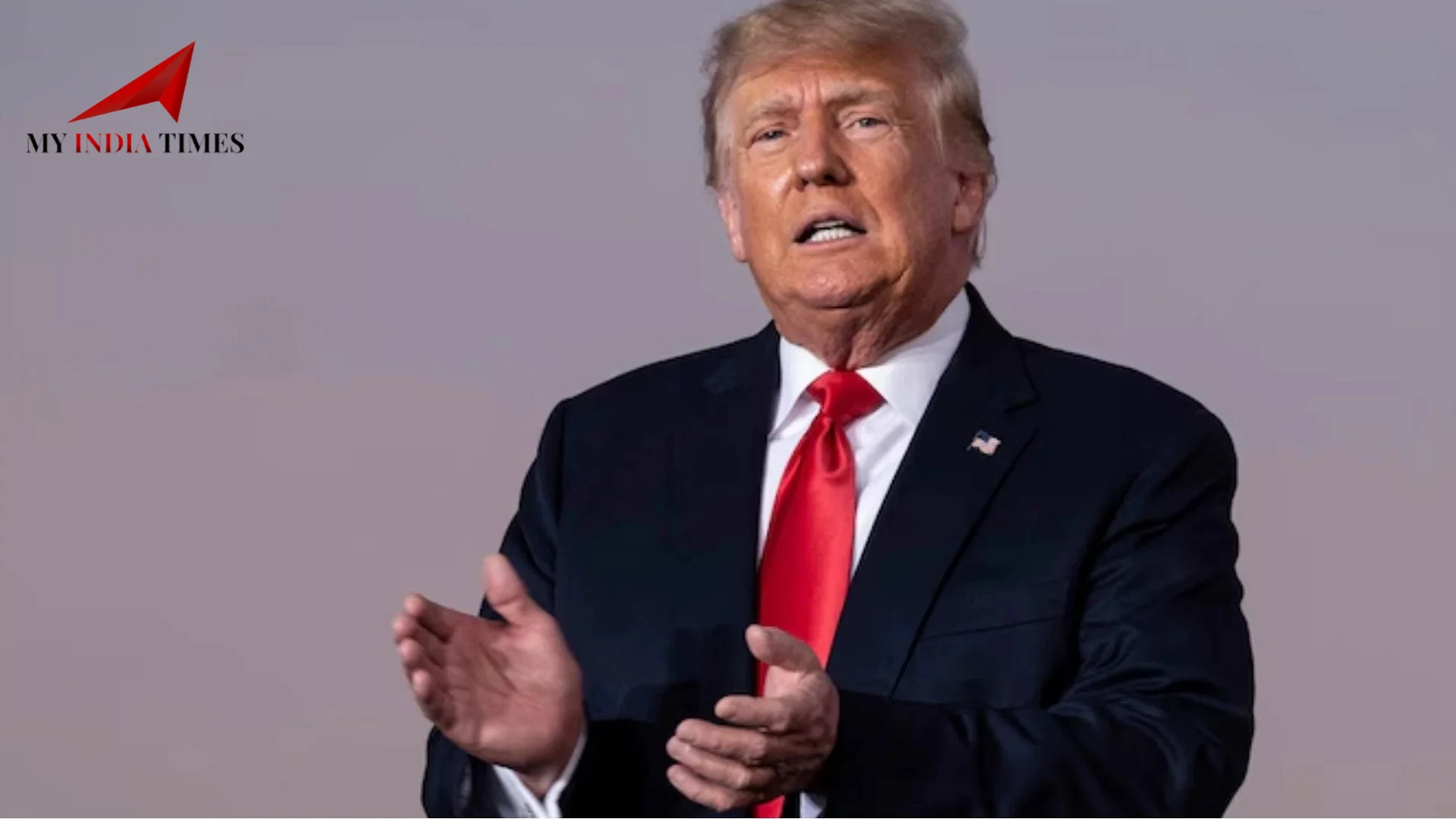


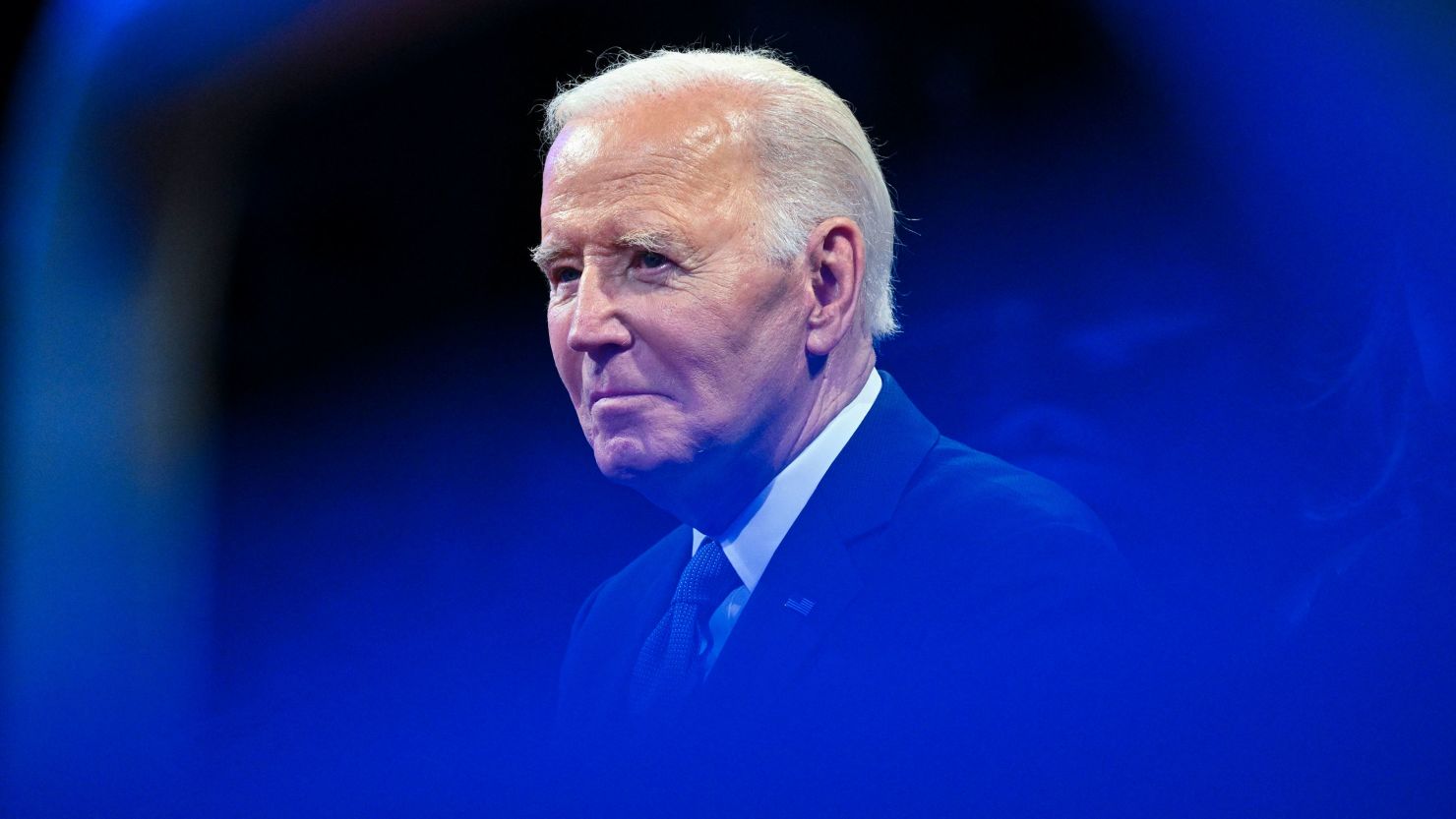
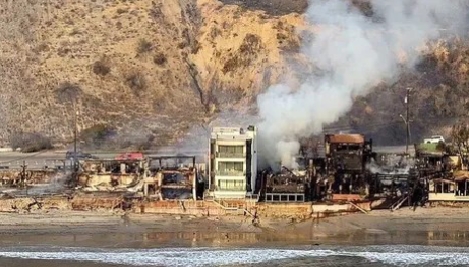

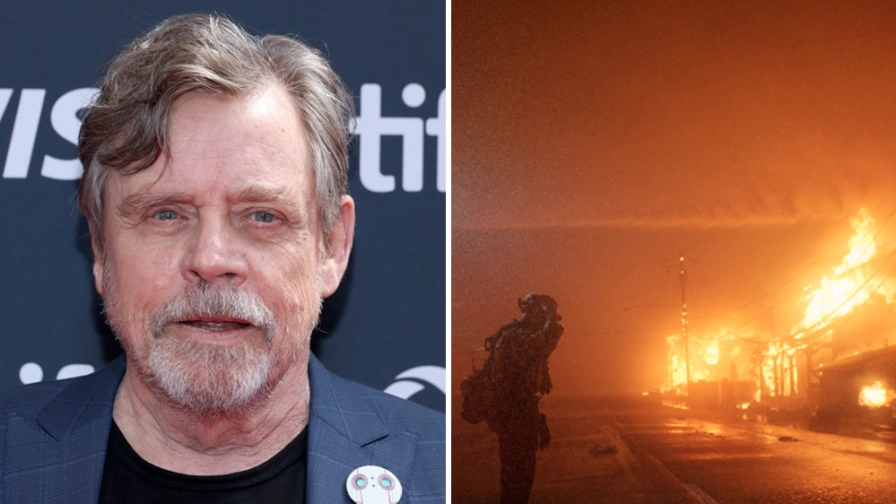

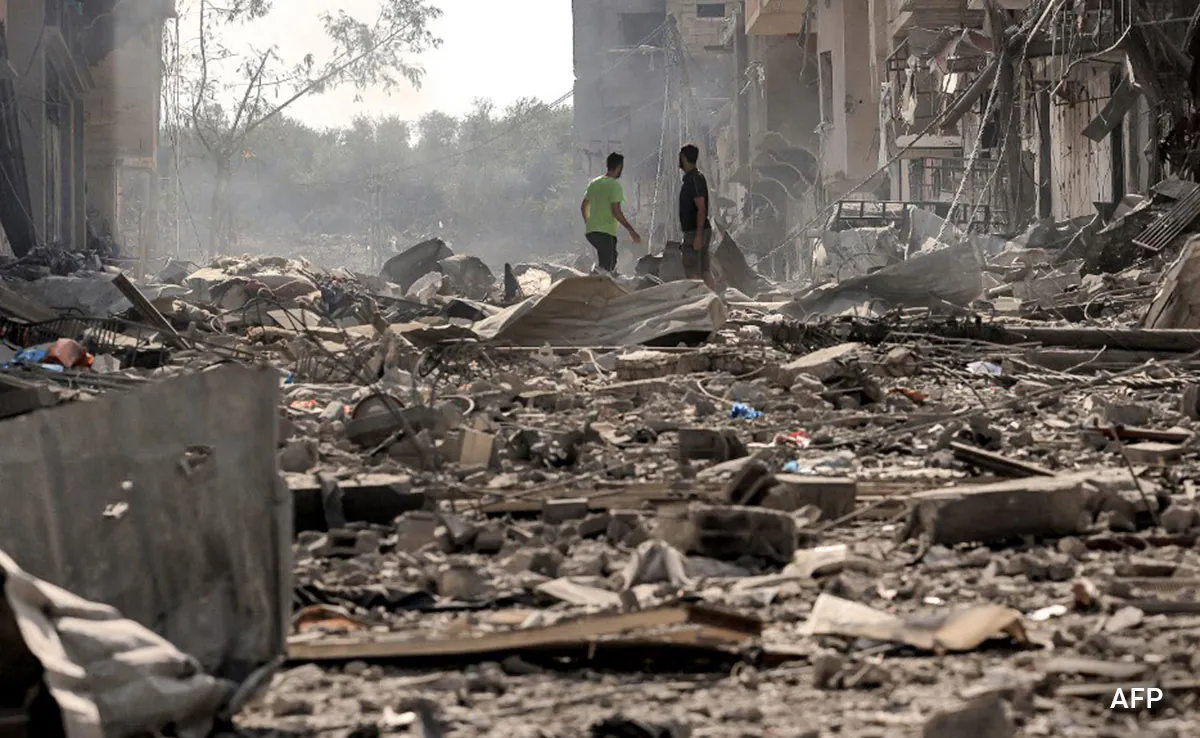
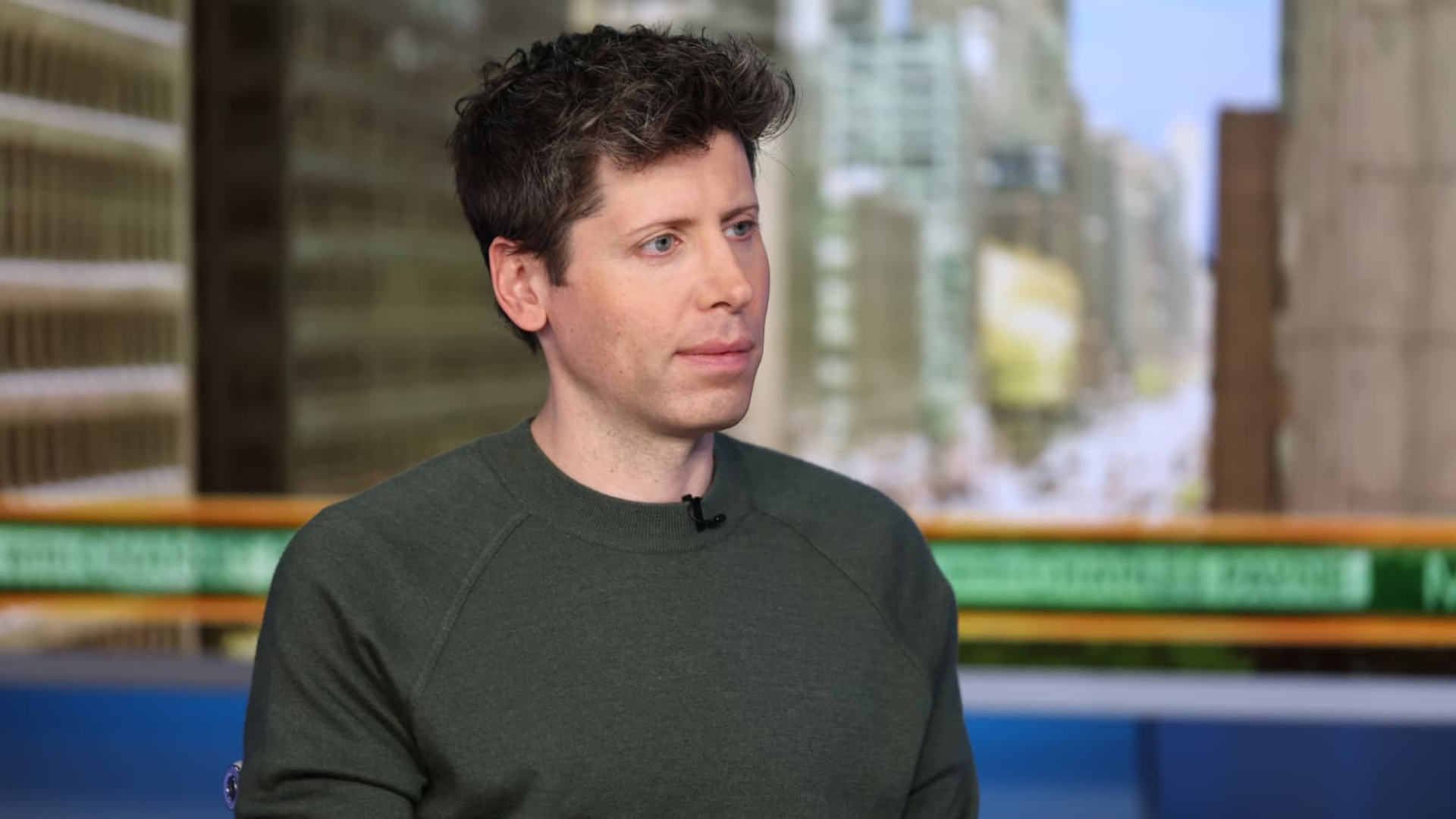
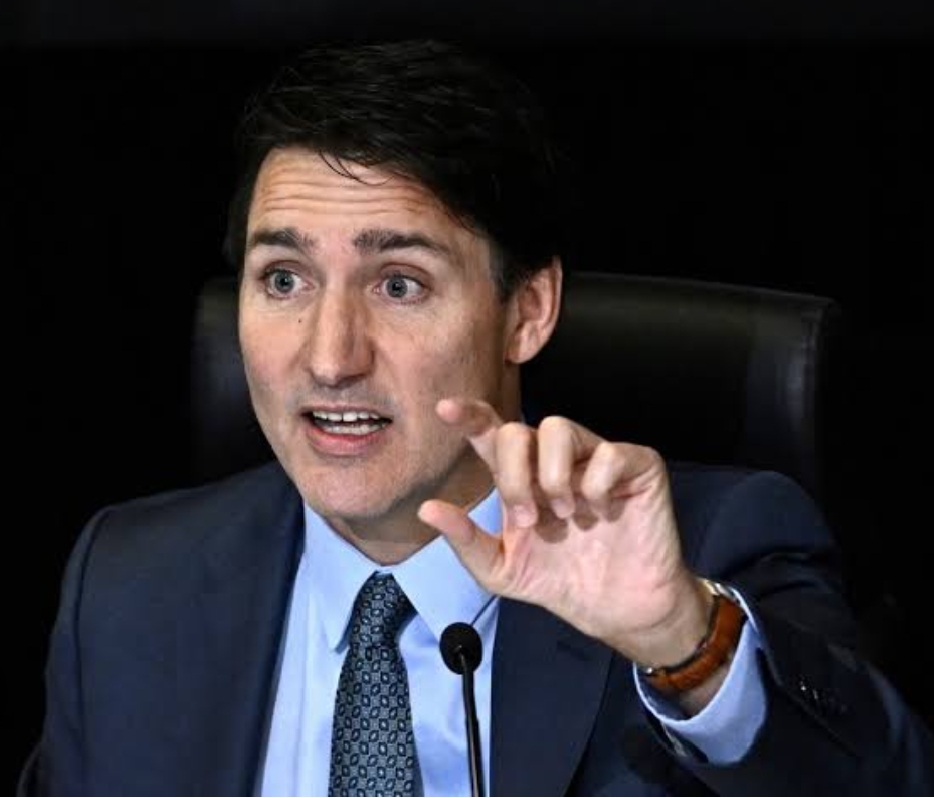
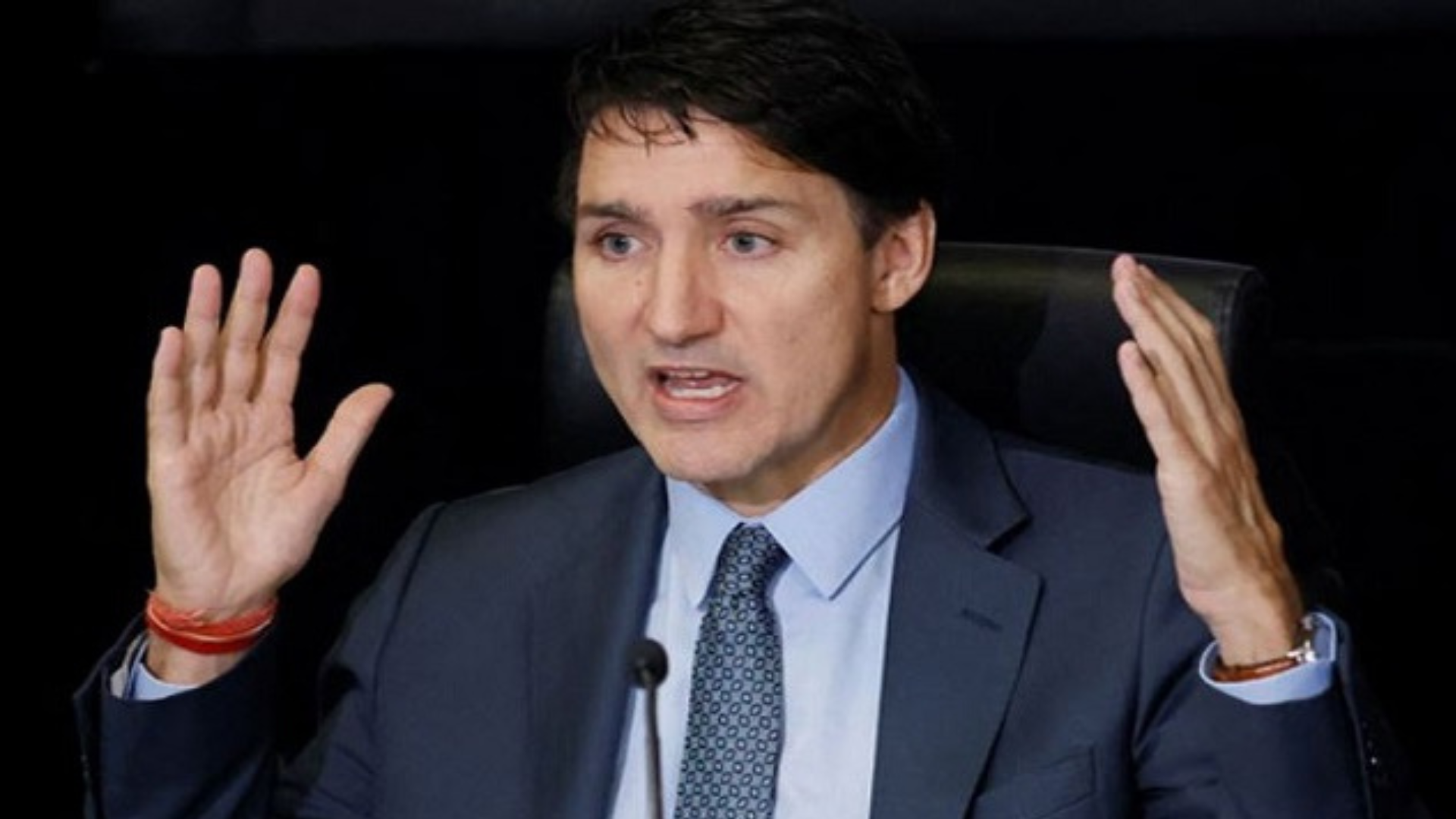
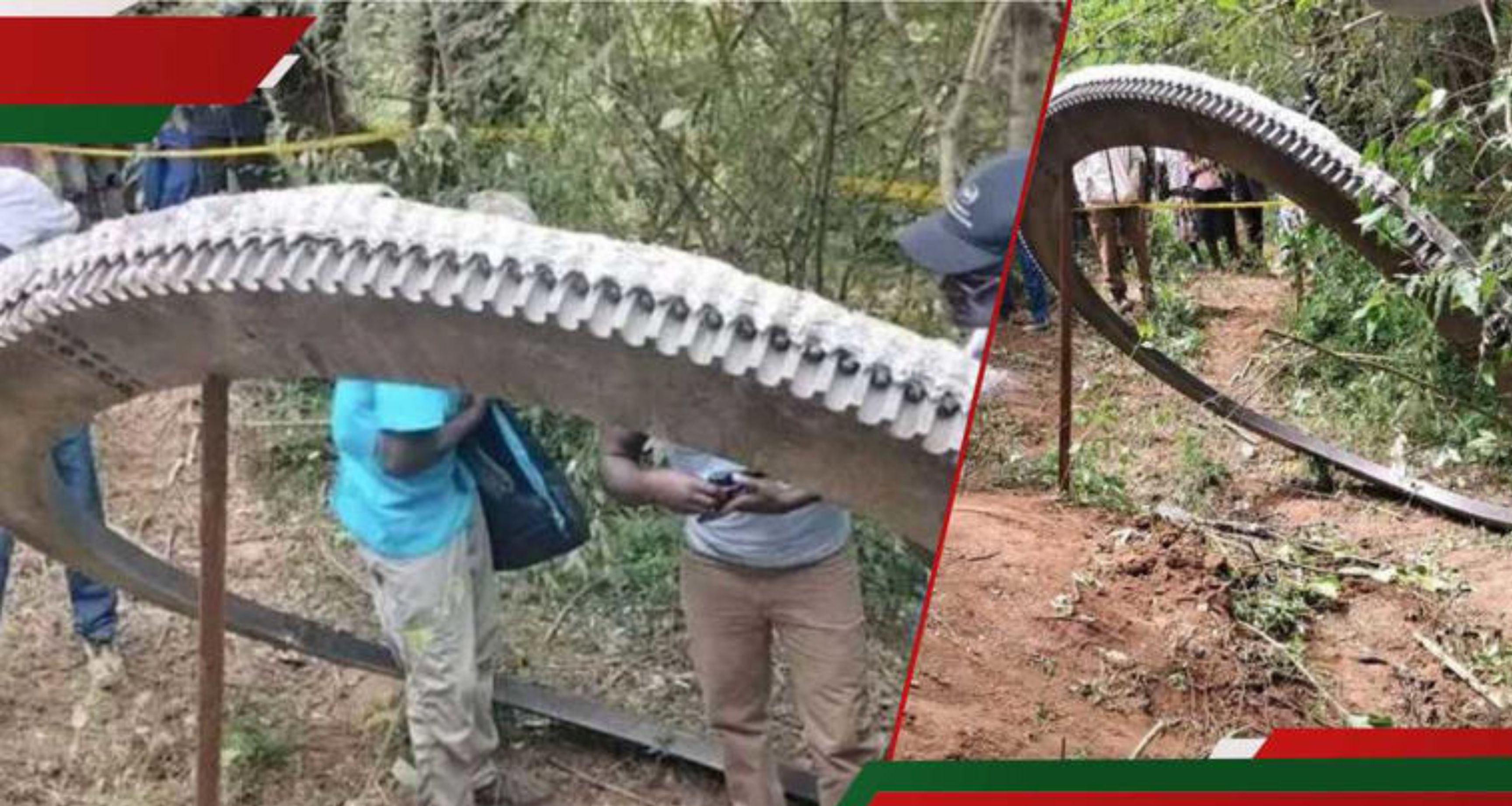
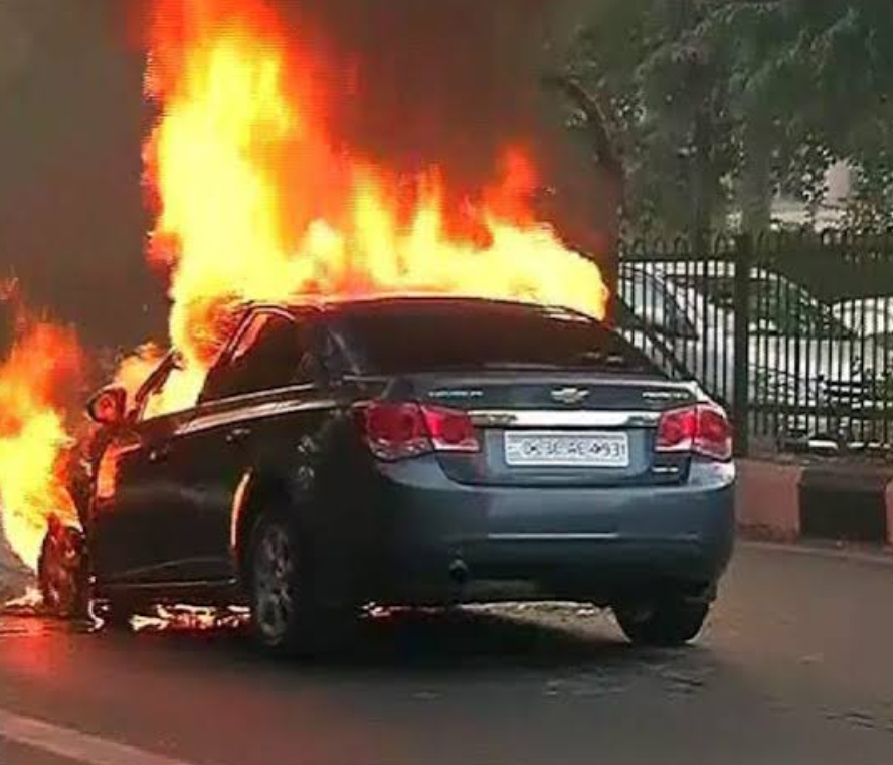
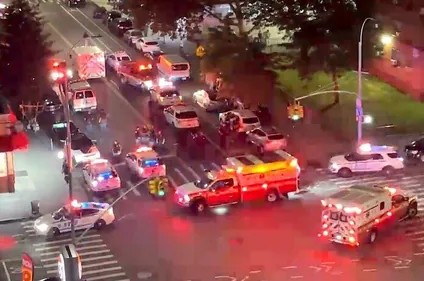







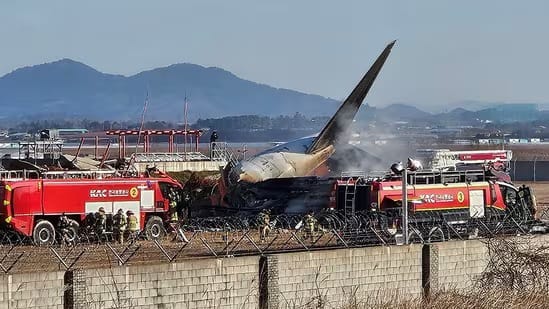
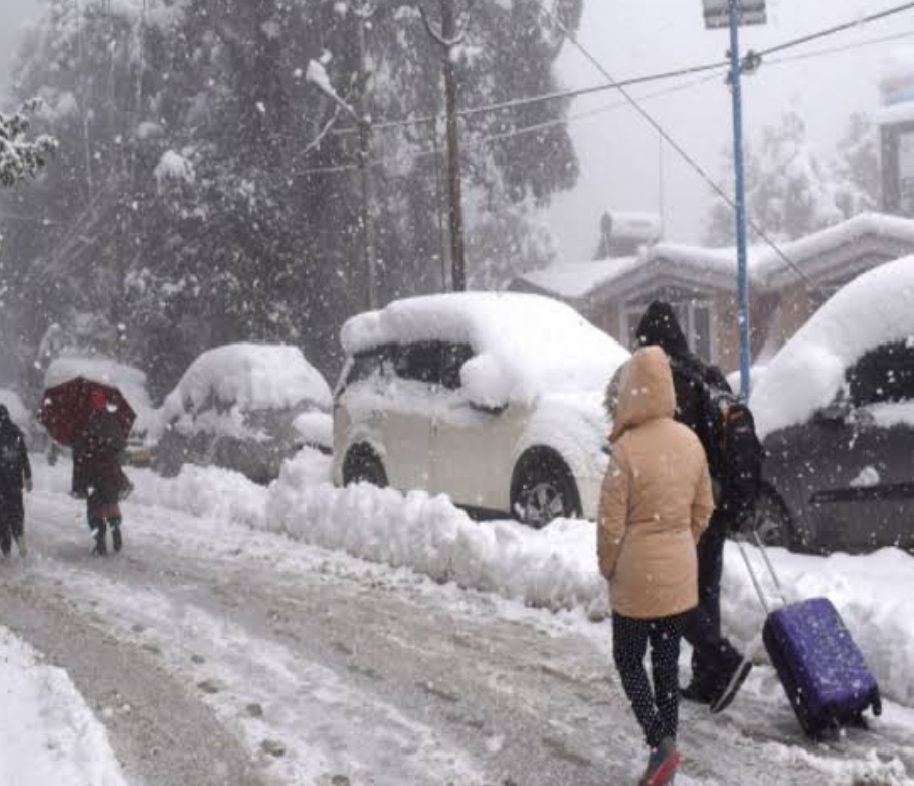
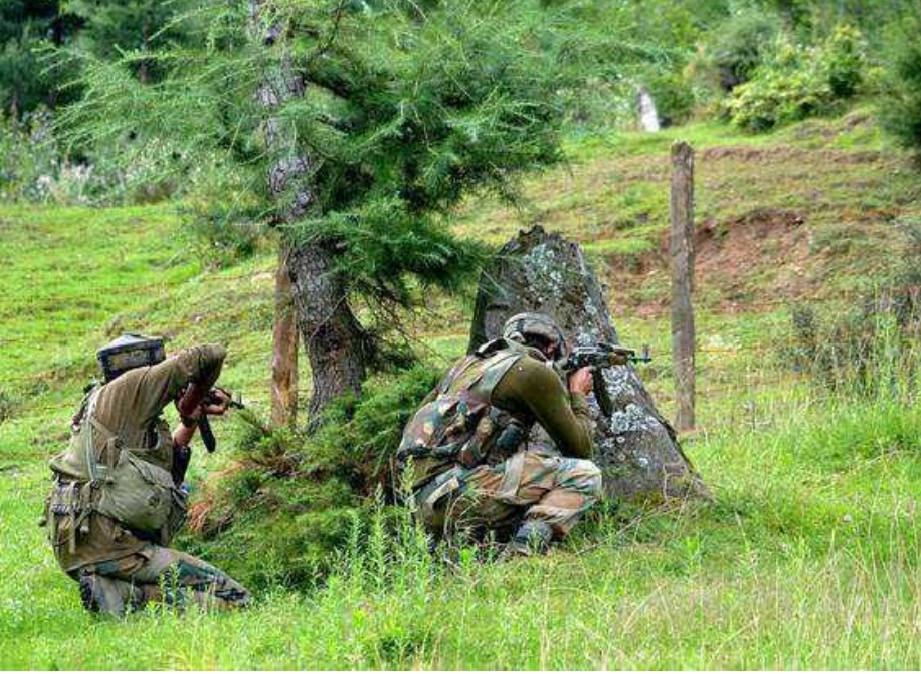
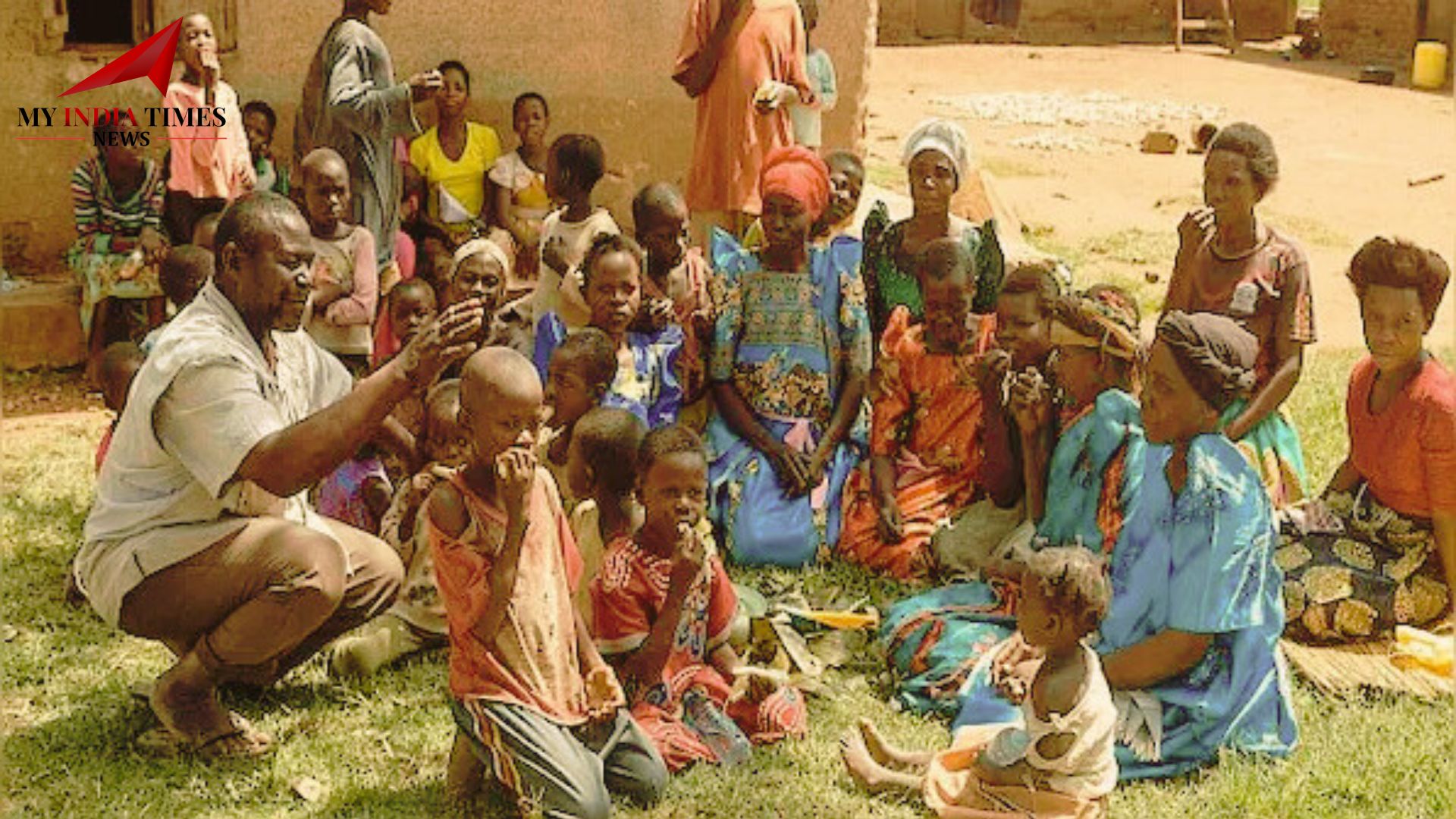
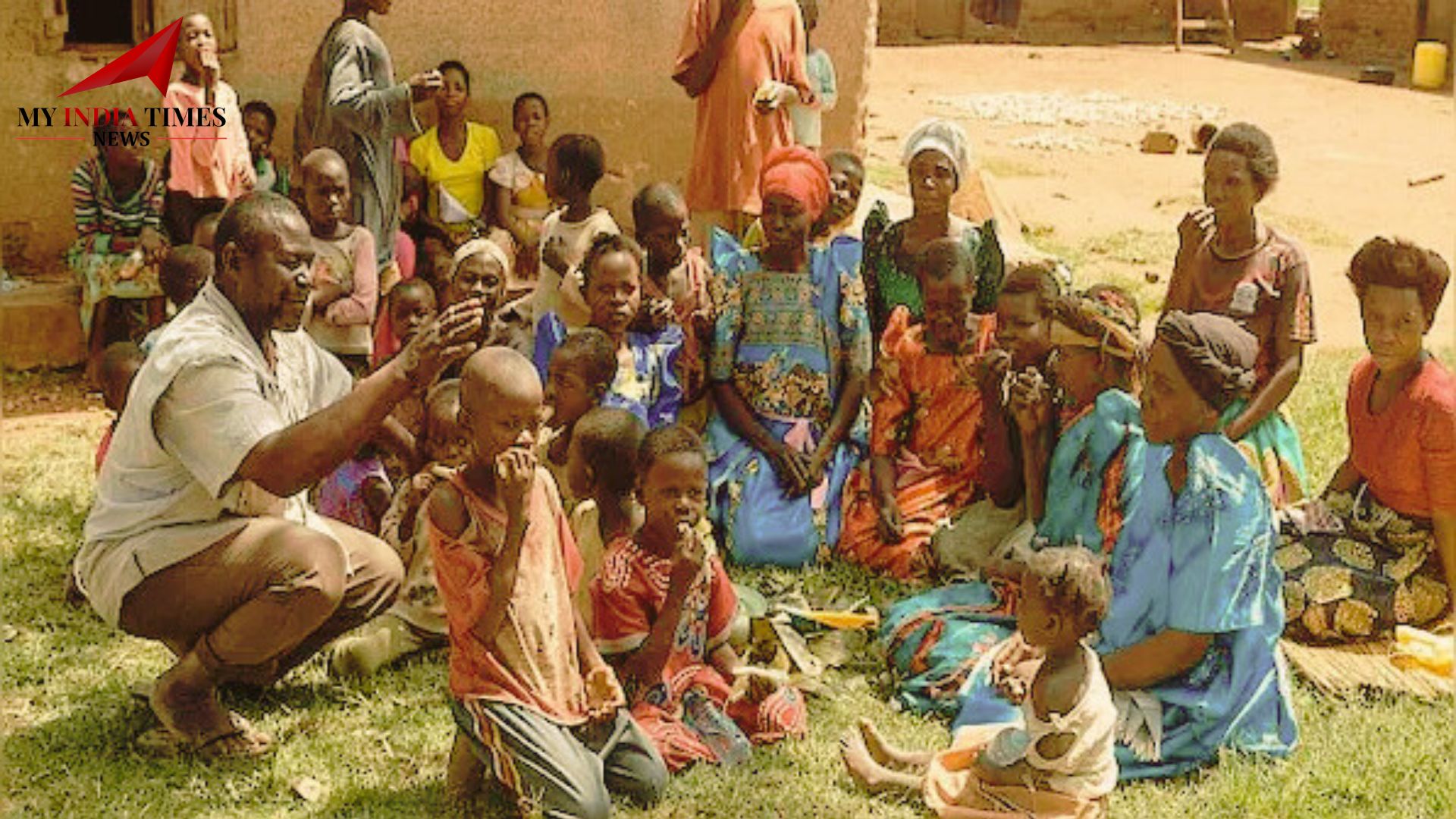

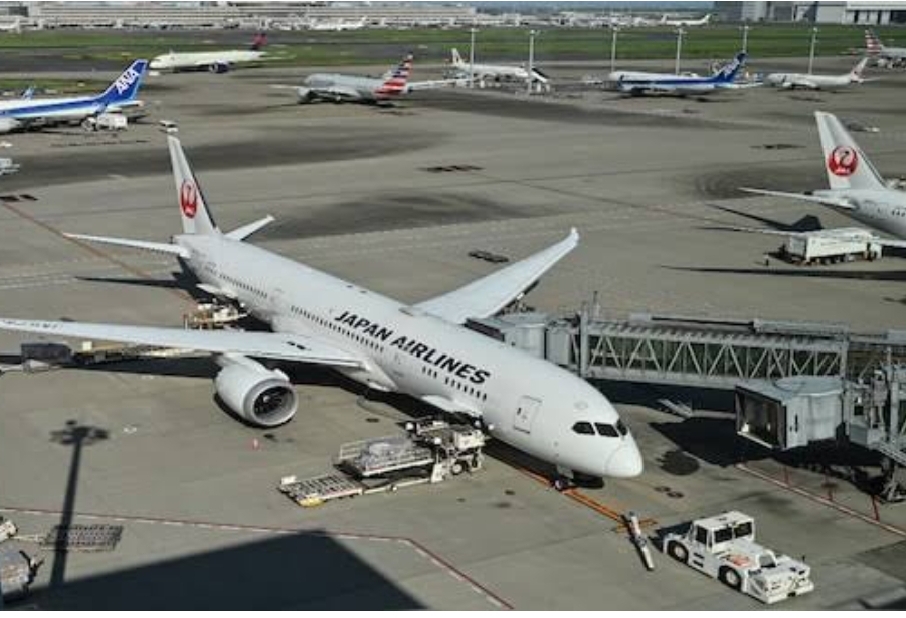
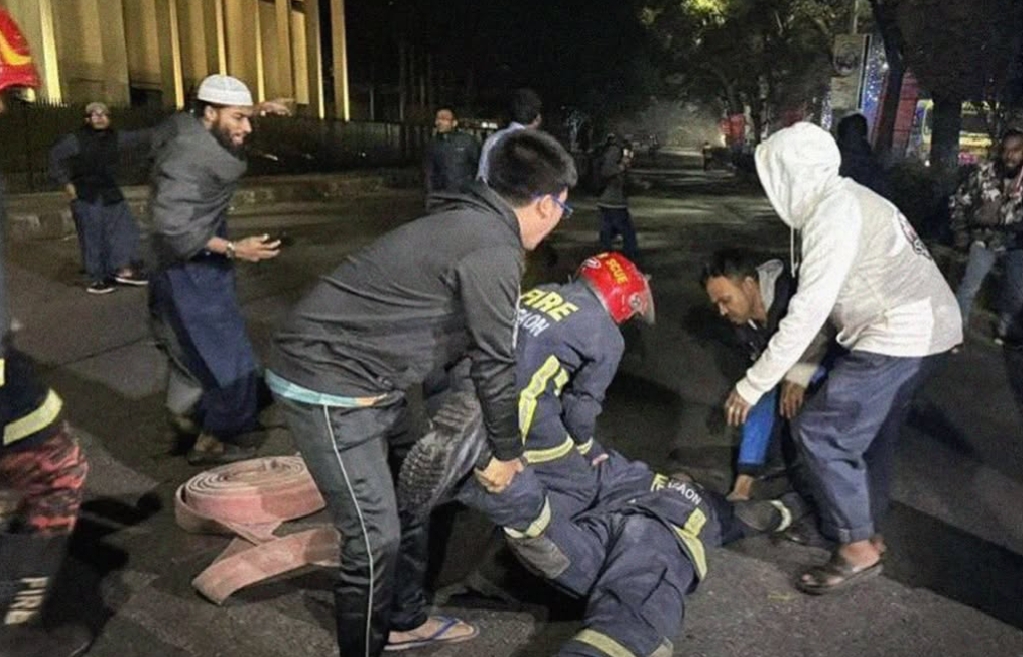



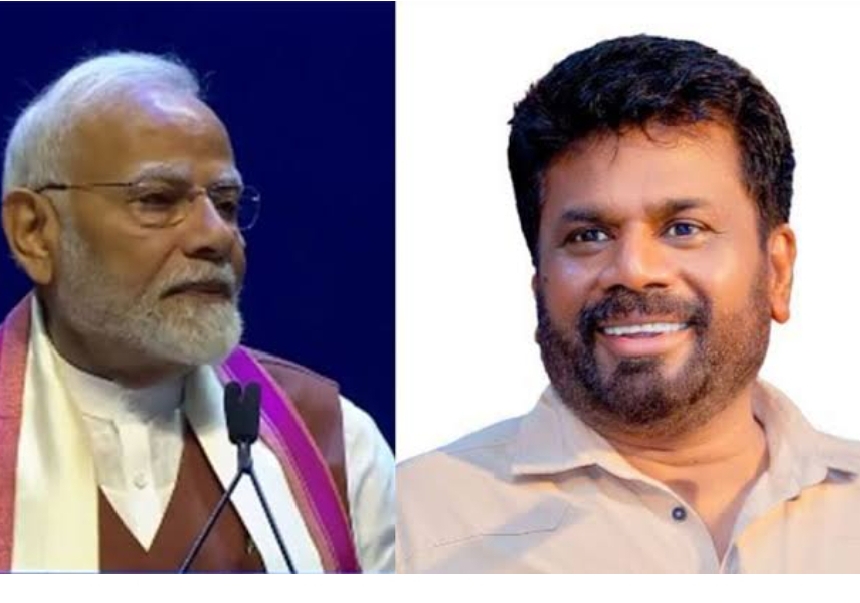
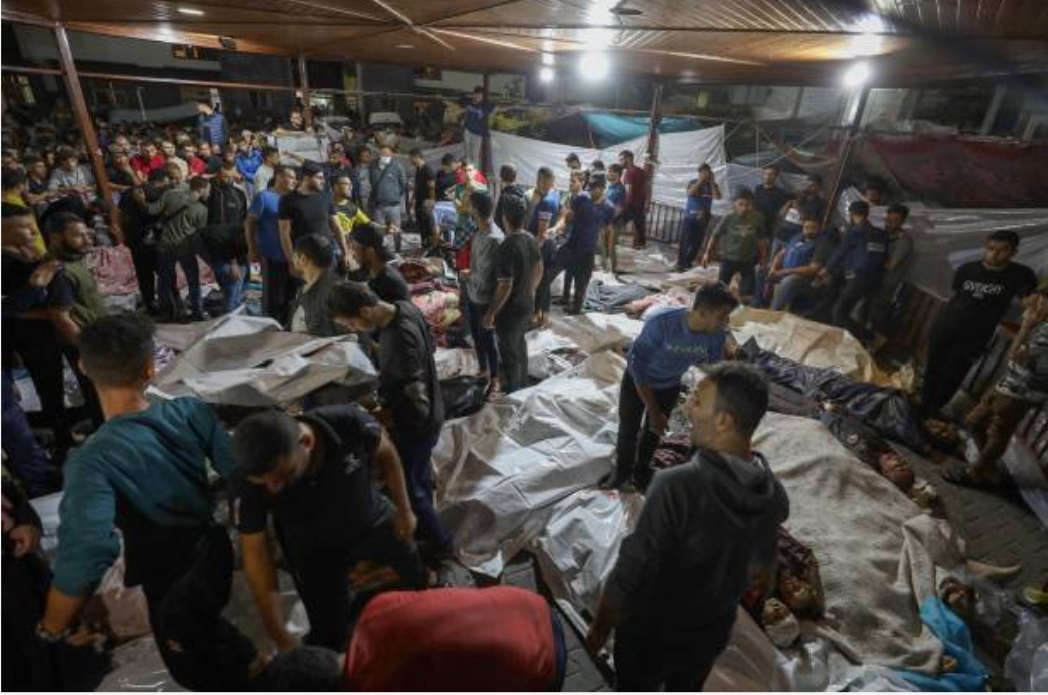





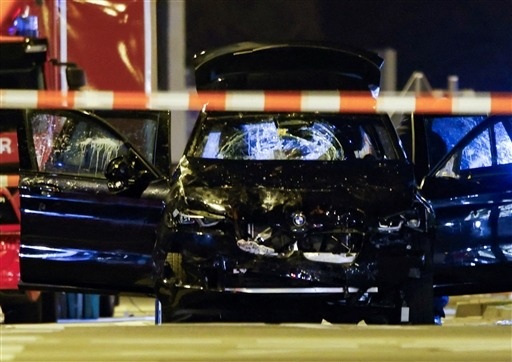





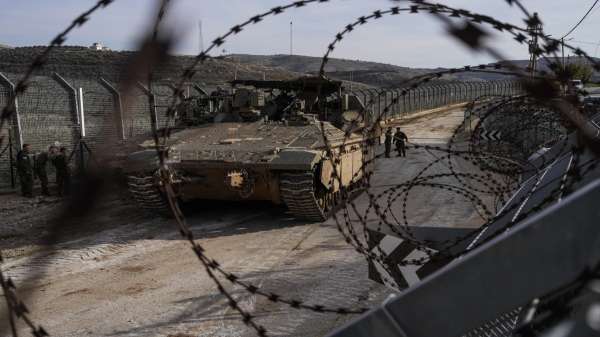
.png)
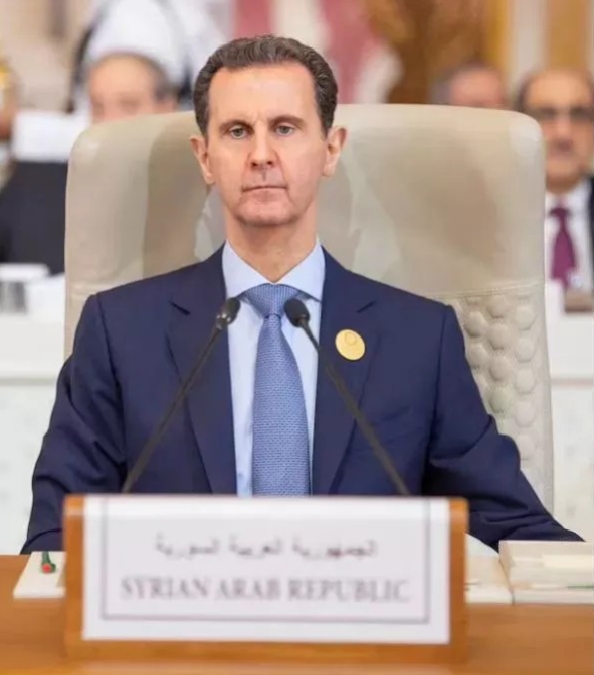

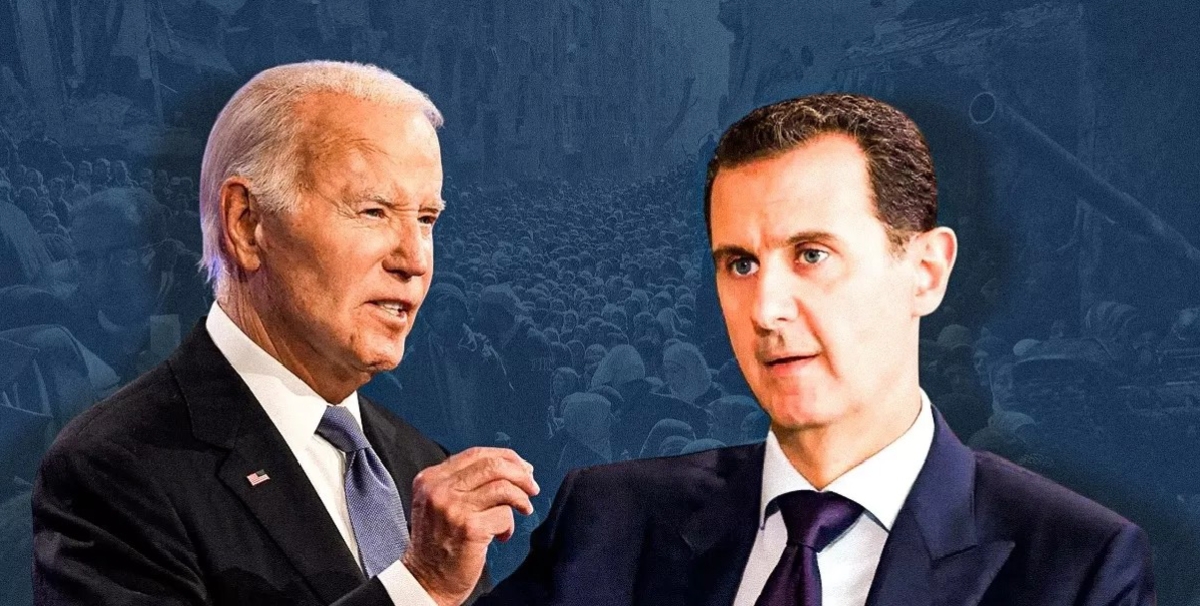
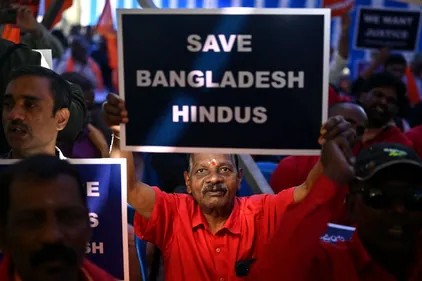




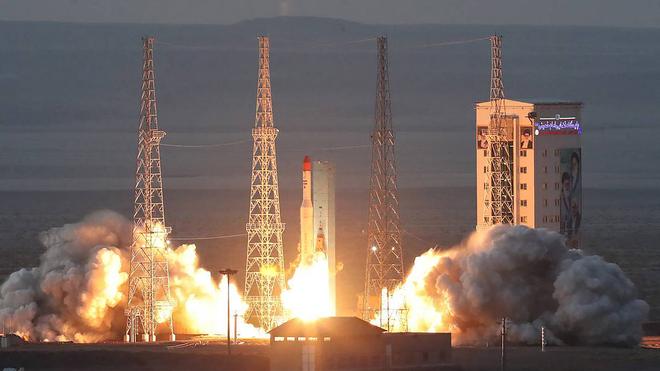
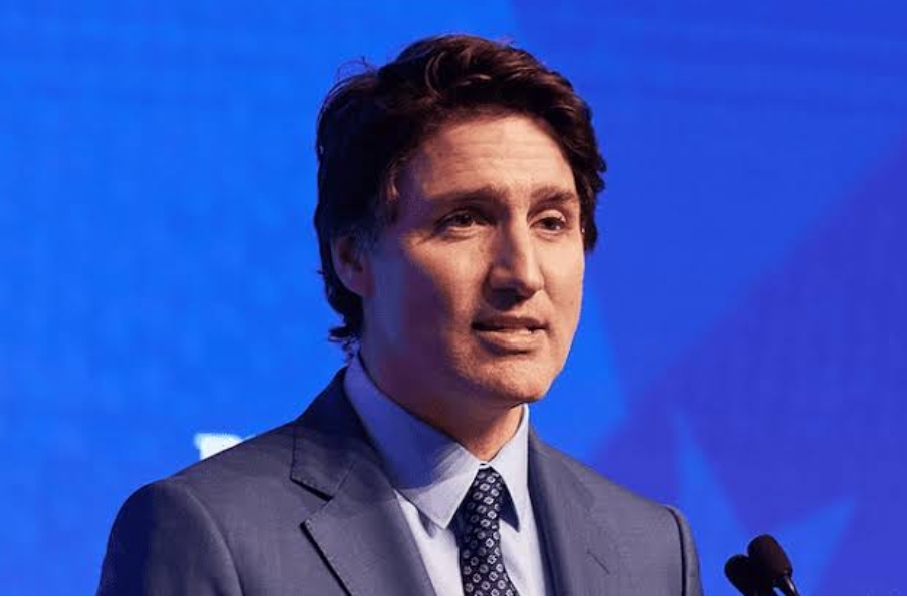

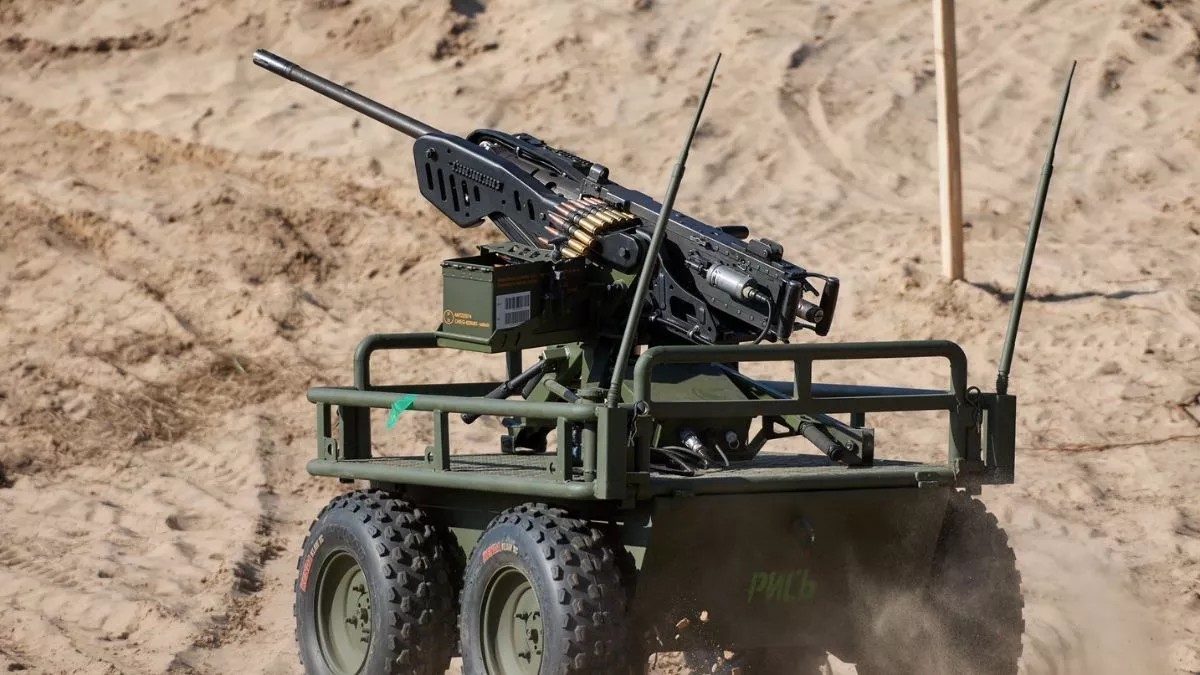

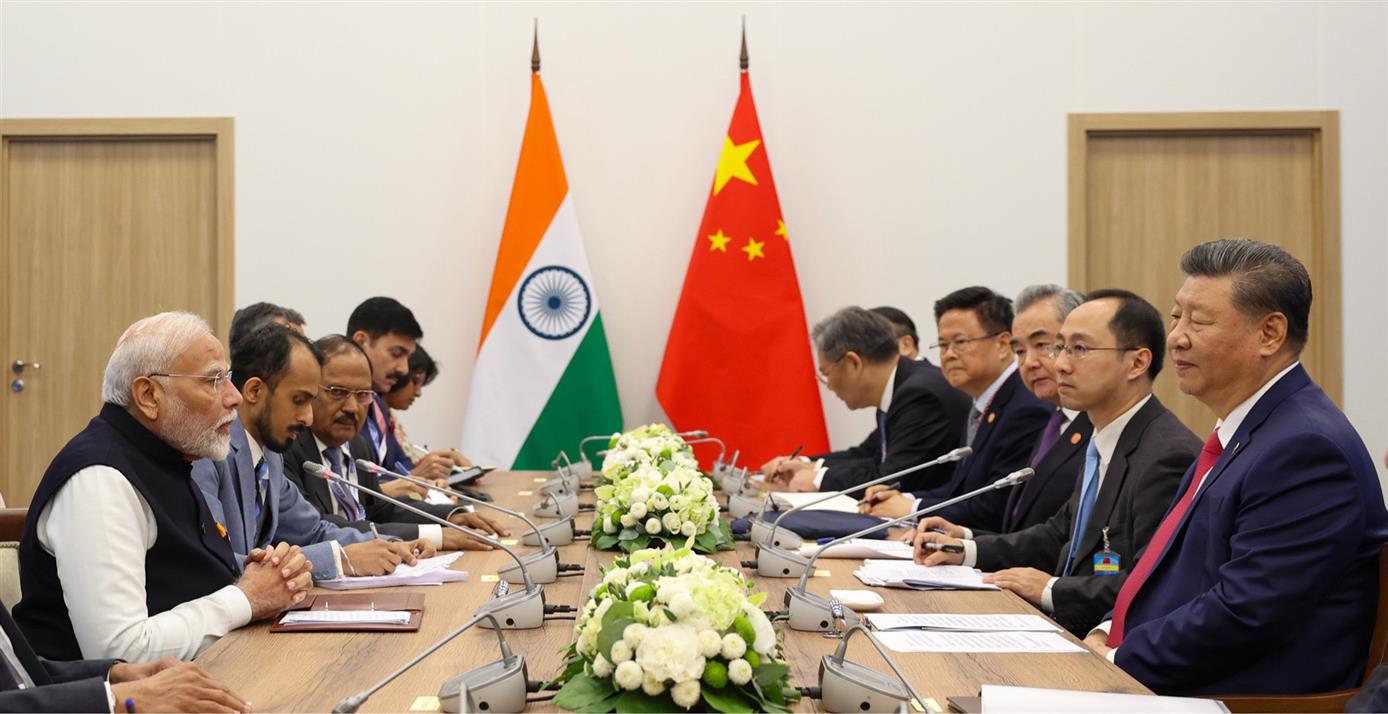


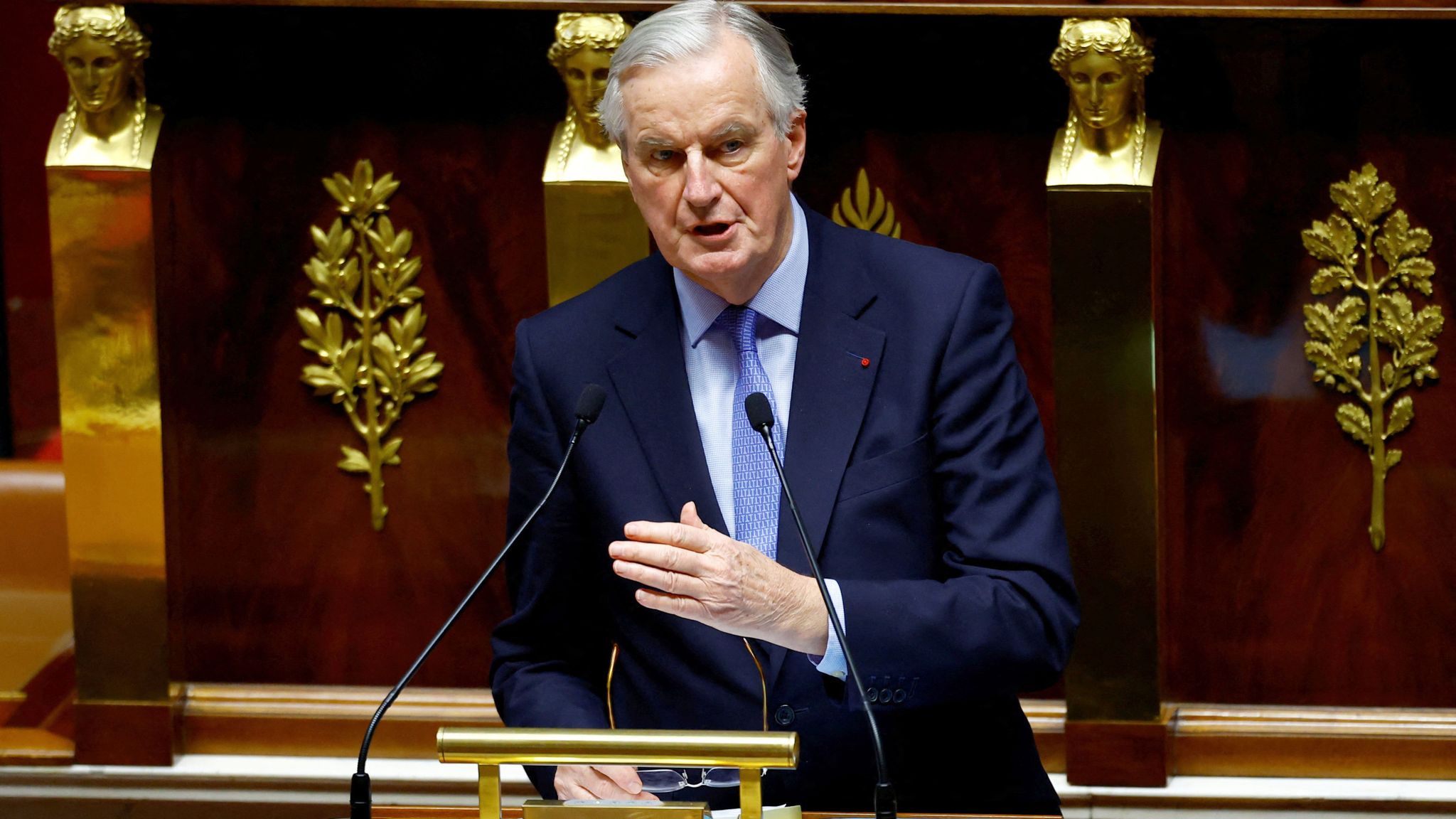
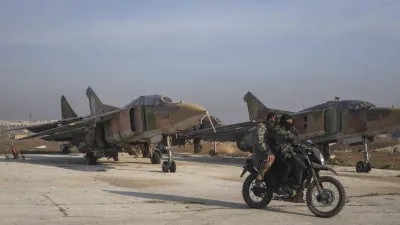
.png)


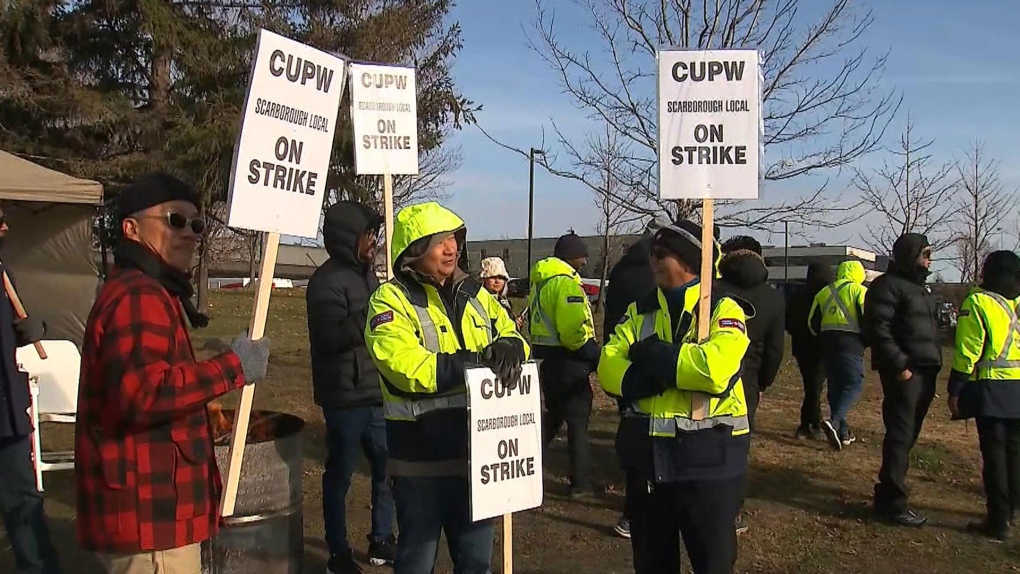
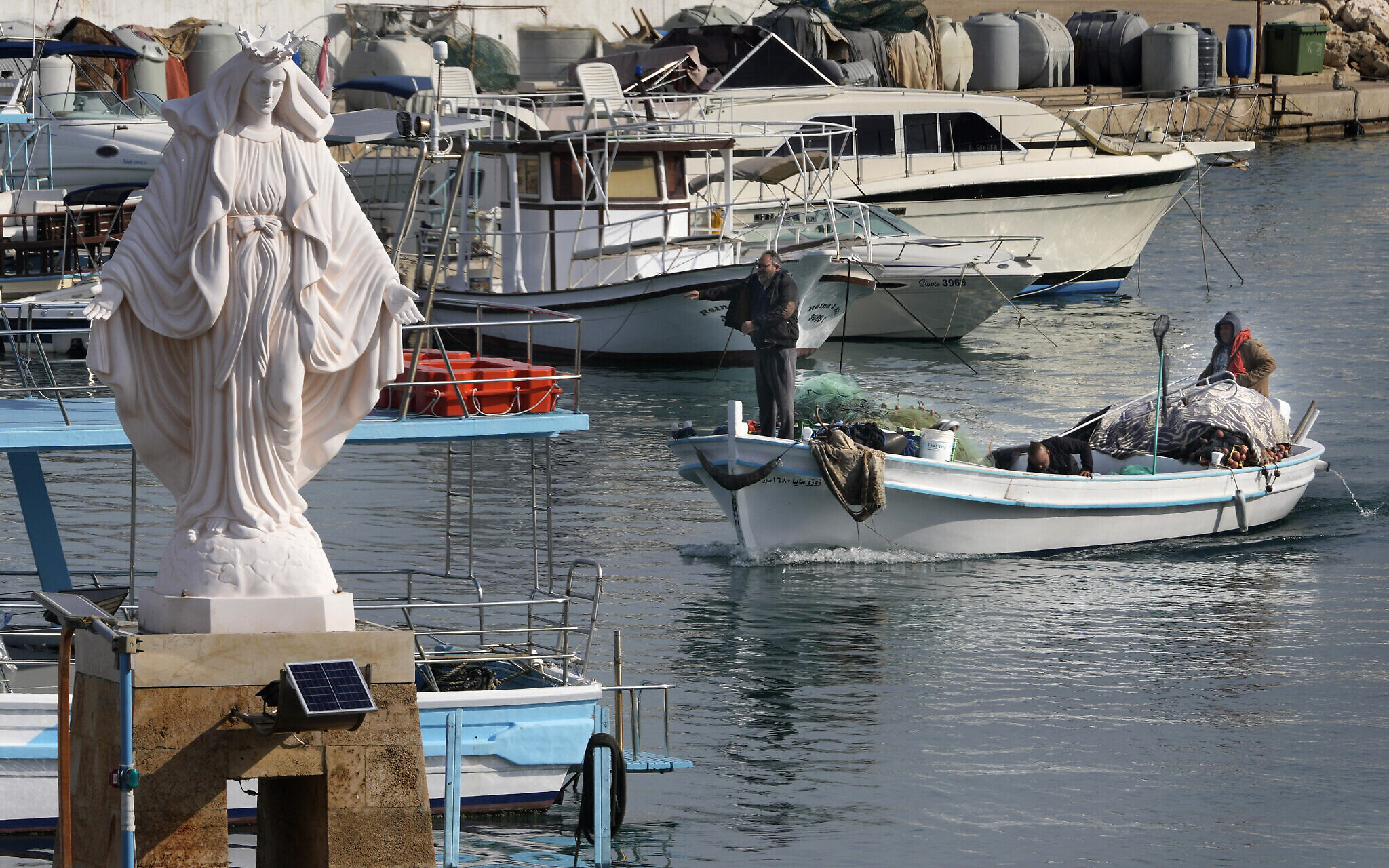
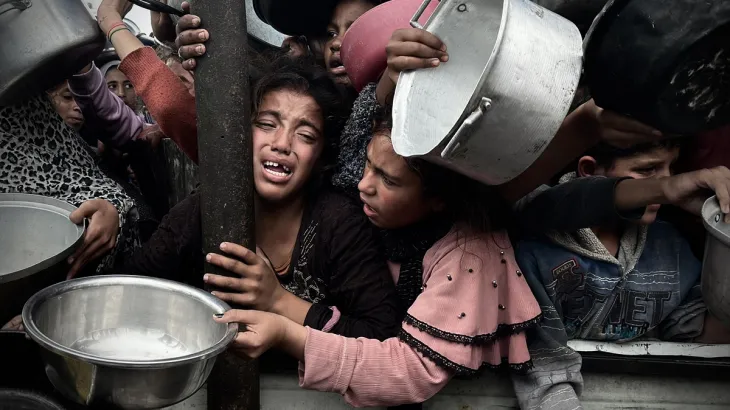
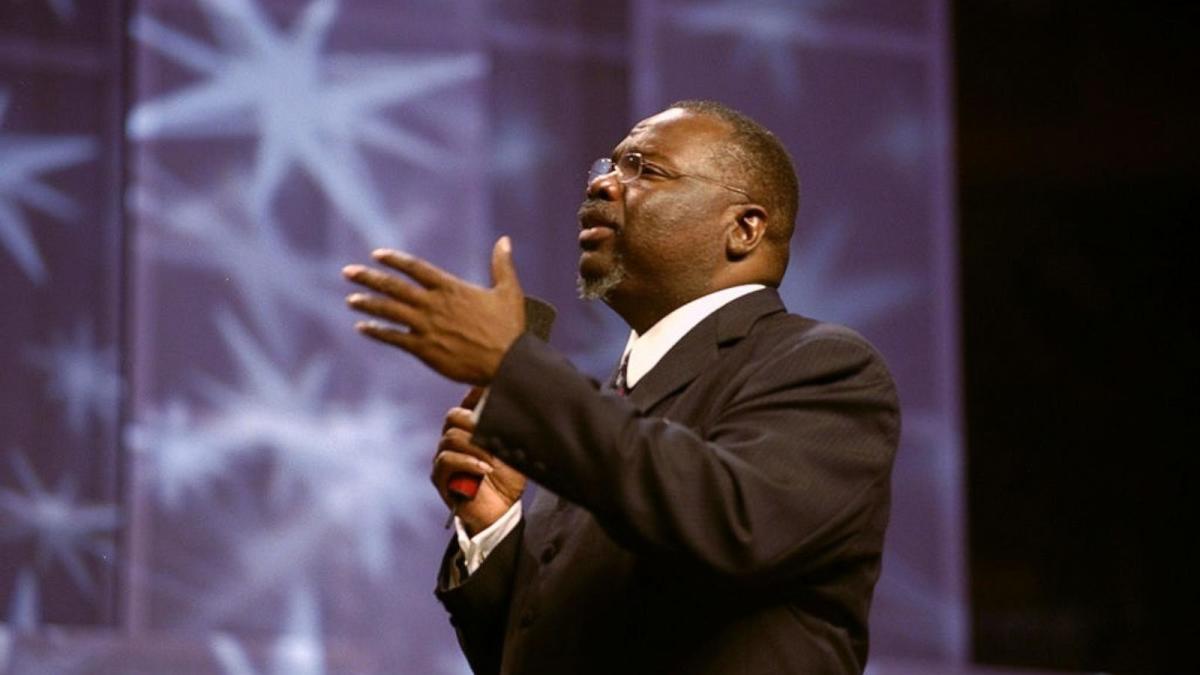
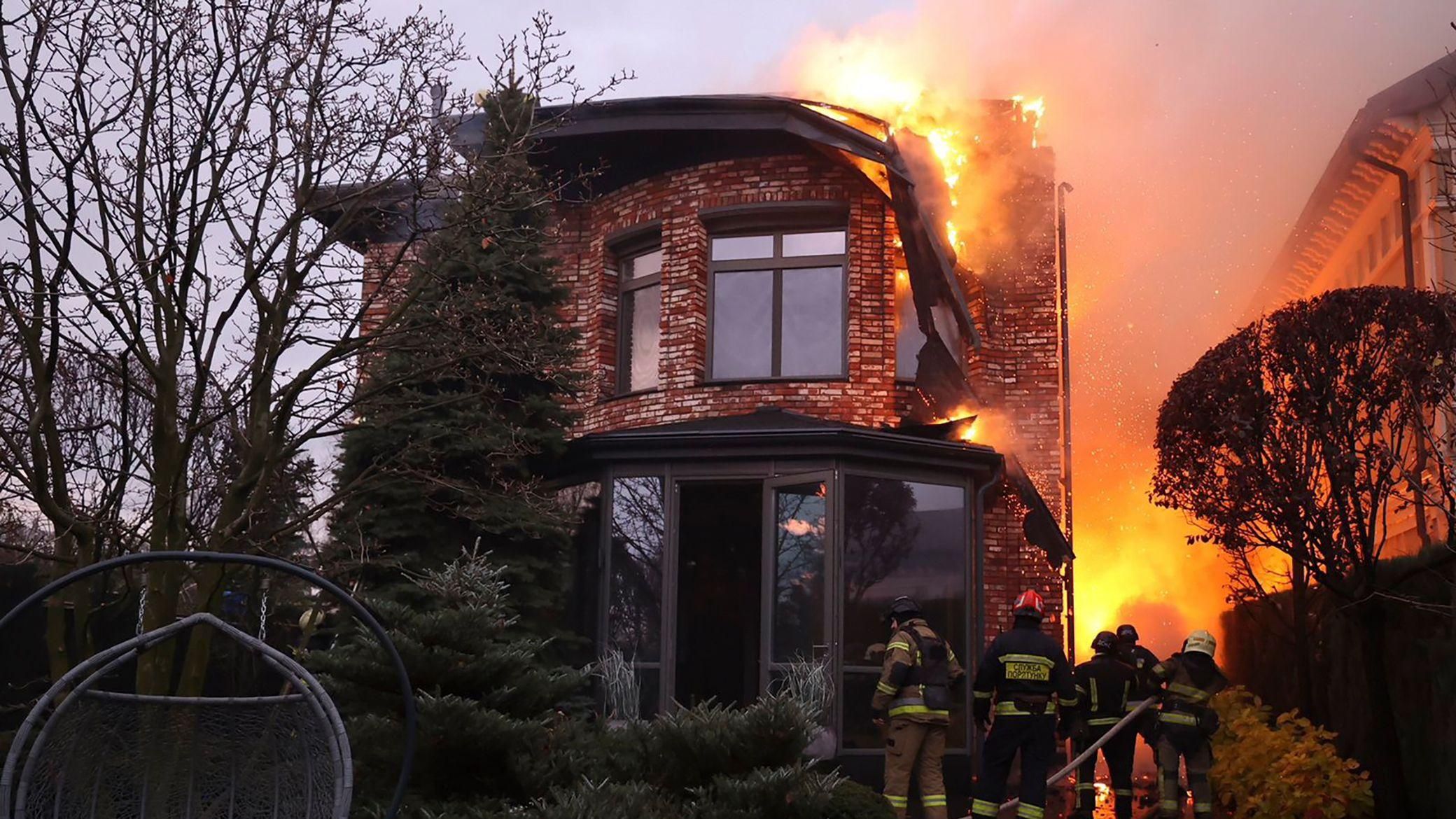
.jfif)


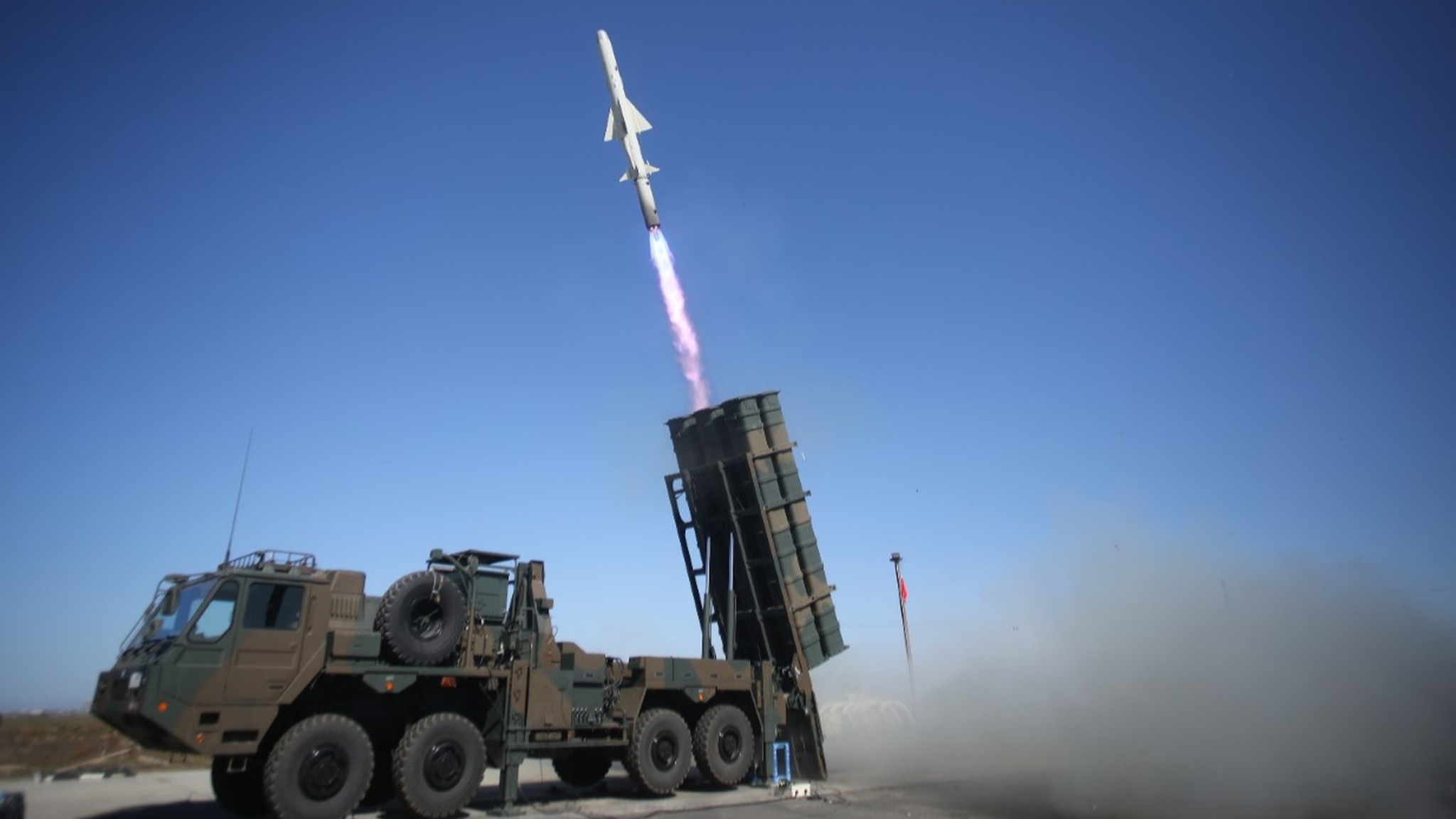



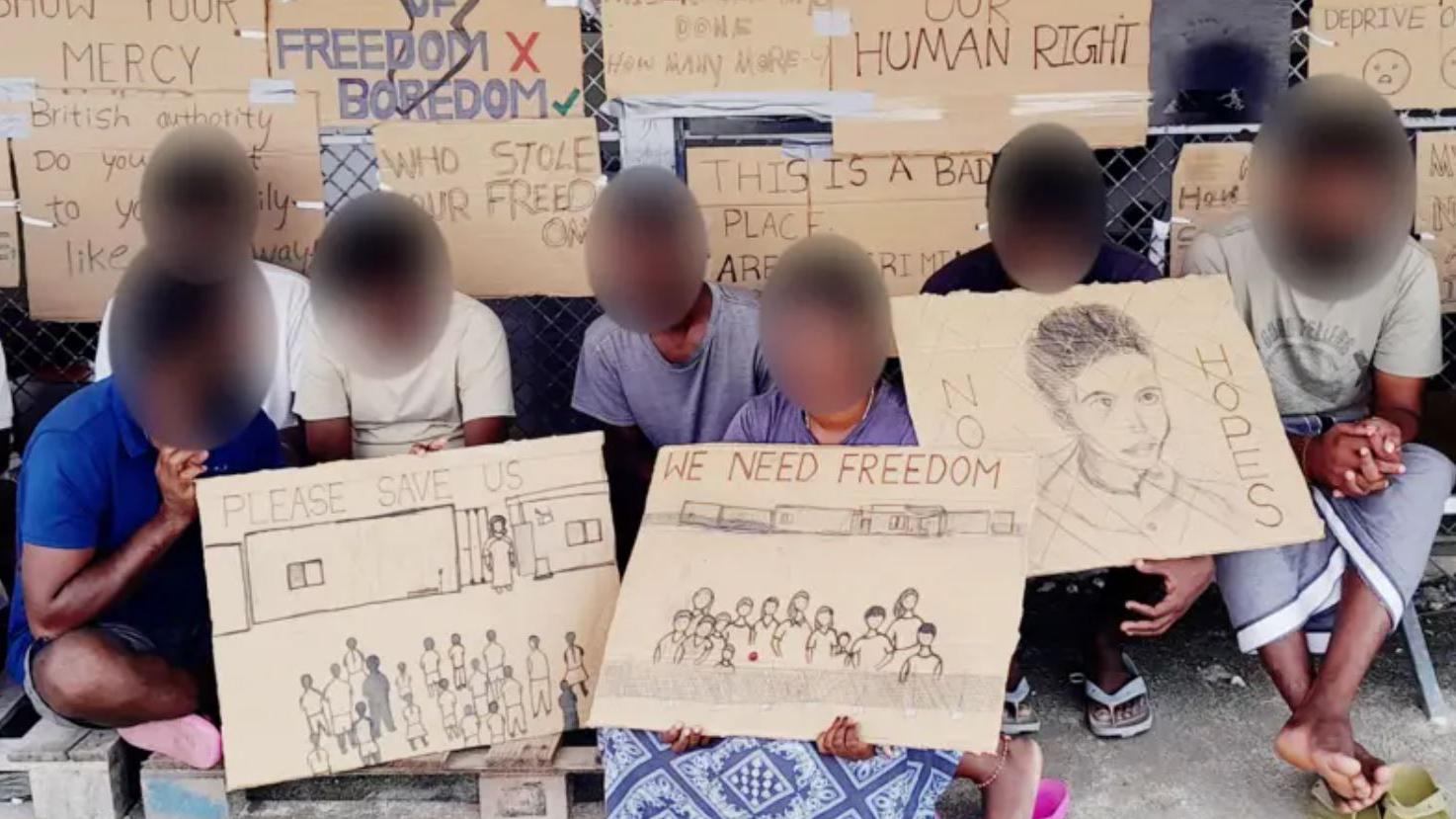
































































































.png)
 (1).png)























